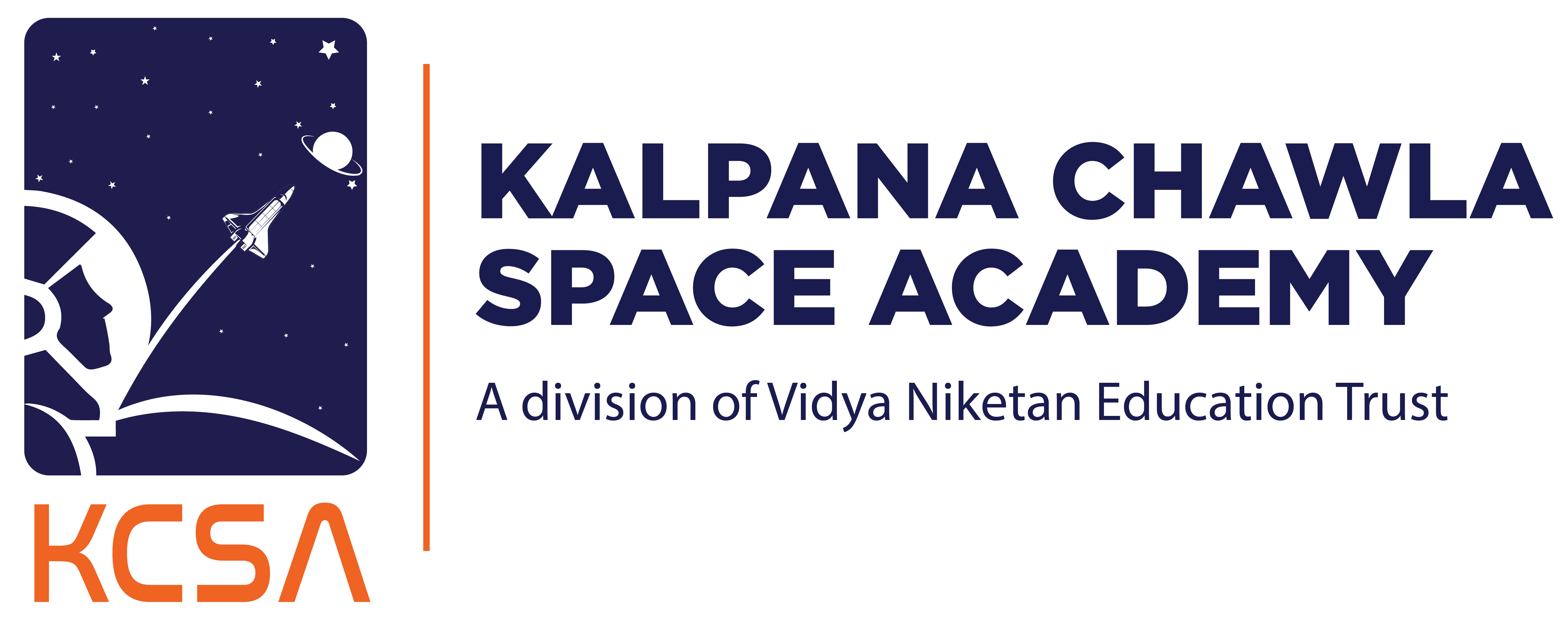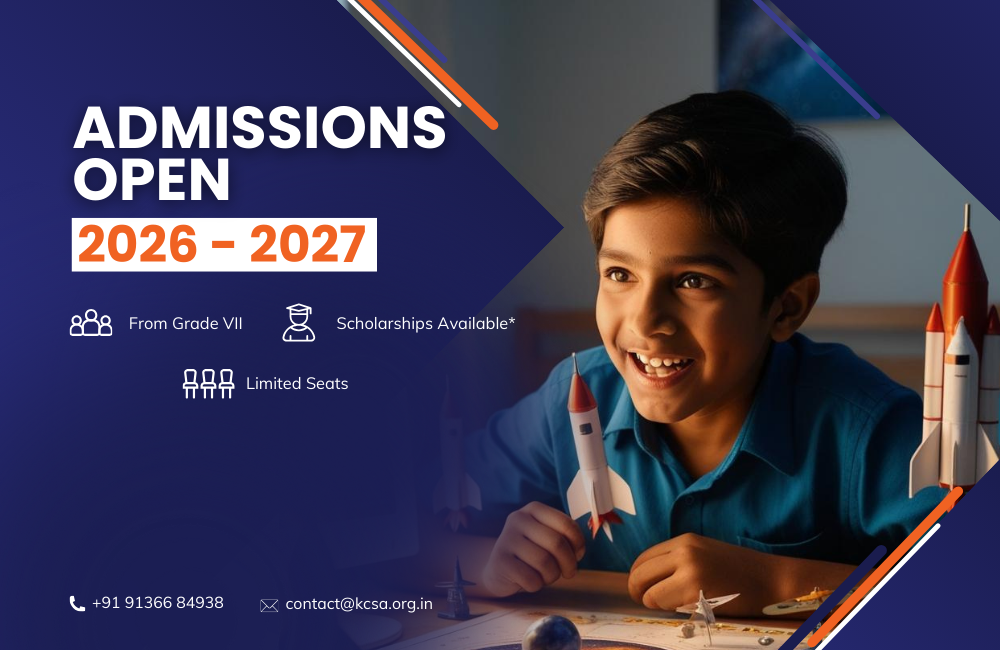Classrooms
Theatres of Learnings
State-of-the-art classrooms in schools are equipped with cutting-edge technology and ergonomic designs to enhance learning experiences. They feature interactive whiteboards, digital projectors, and audio-visual systems for engaging lessons within astronomy labs as a part of the school infrastructure. Flexible seating arrangements promote collaboration and active learning among students.
These classrooms integrate multimedia resources and online platforms to support personalized learning and real-time feedback. Overall, state-of-the-art classroom in the school infrastructure optimize the educational environment for innovation, creativity, and knowledge retention.p>
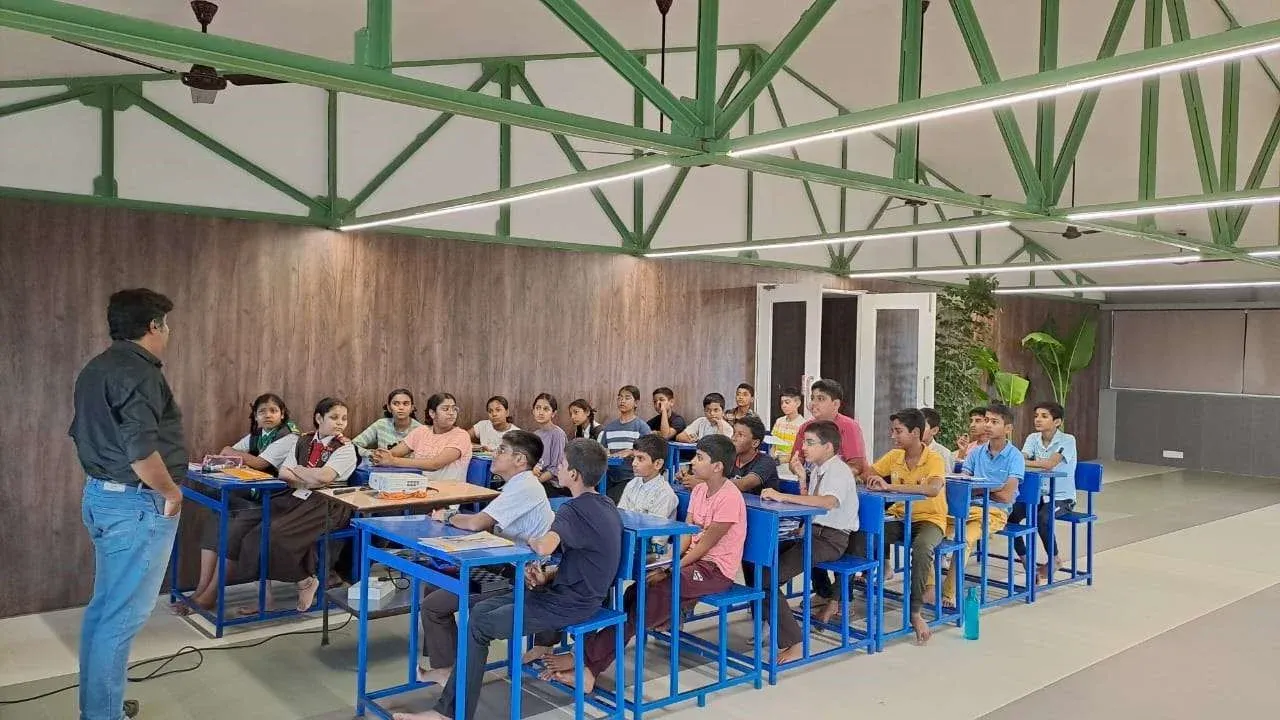
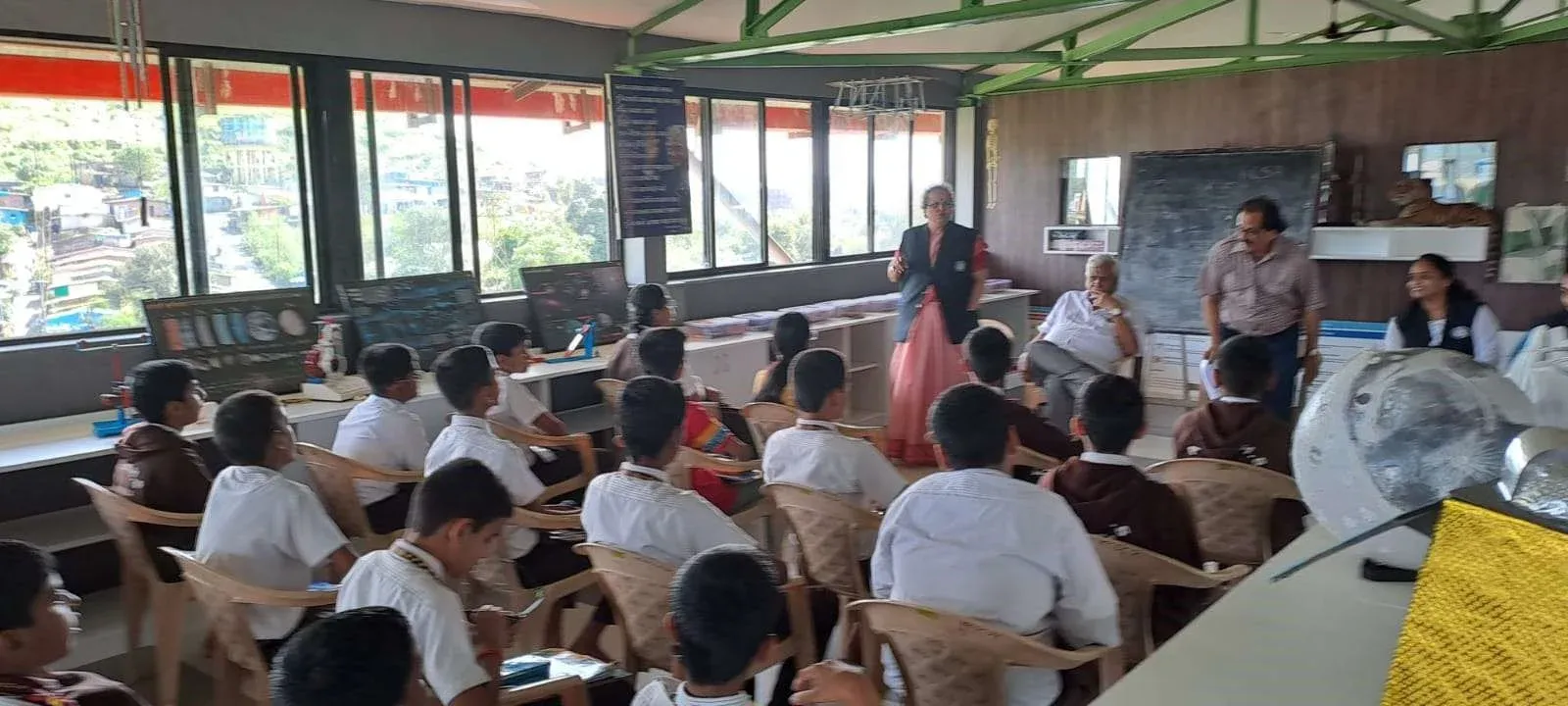
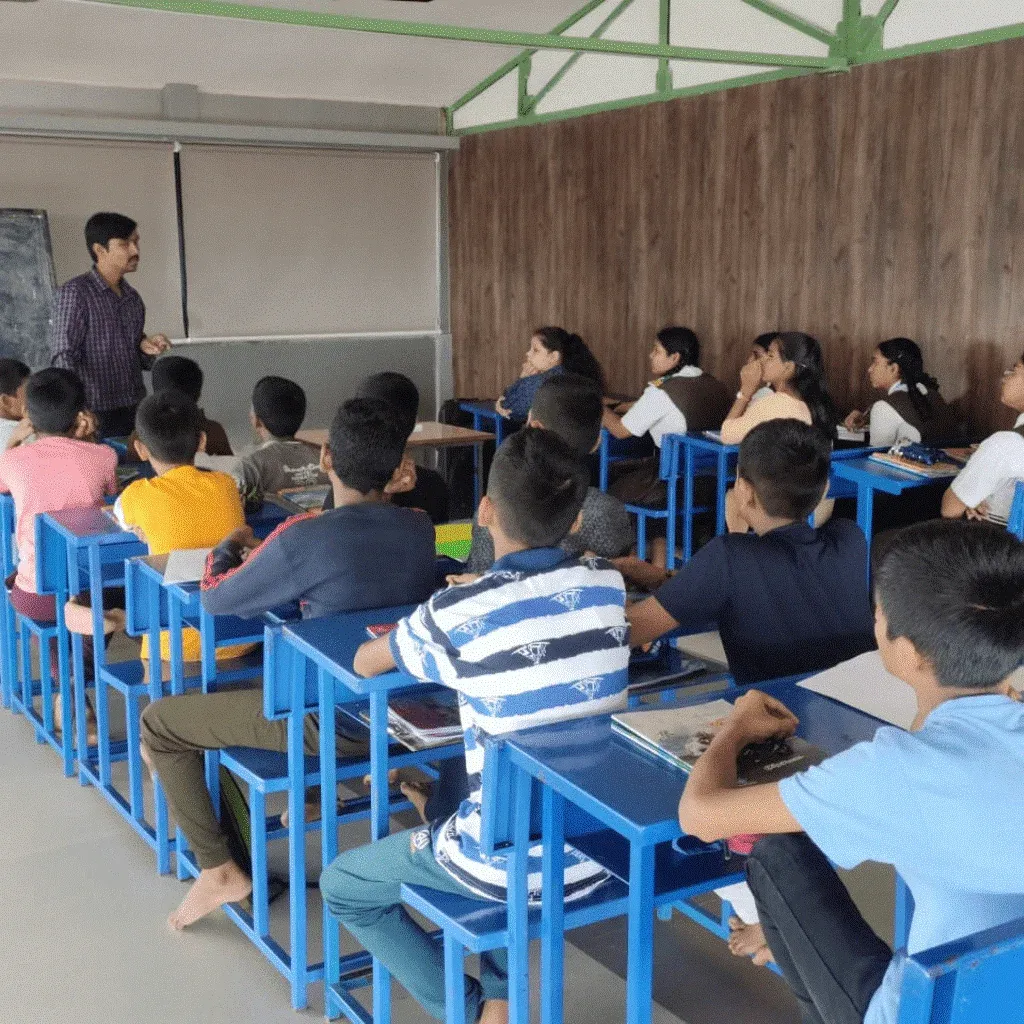
Syndicate room
A syndicate room at KCSA typically serves as a collaborative space for small group discussions, brainstorming sessions, and decision-making processes. It's designed to facilitate interactive and dynamic dialogue among team members or stakeholders. Equipped with modern technology like video conferencing and multimedia tools, syndicate rooms enhance communication and idea exchange. They often feature flexible seating arrangements and writable surfaces for brainstorming ideas. Syndicate rooms play a crucial role in fostering teamwork, problem-solving skills, and decision-making abilities within organizations and educational institutions.
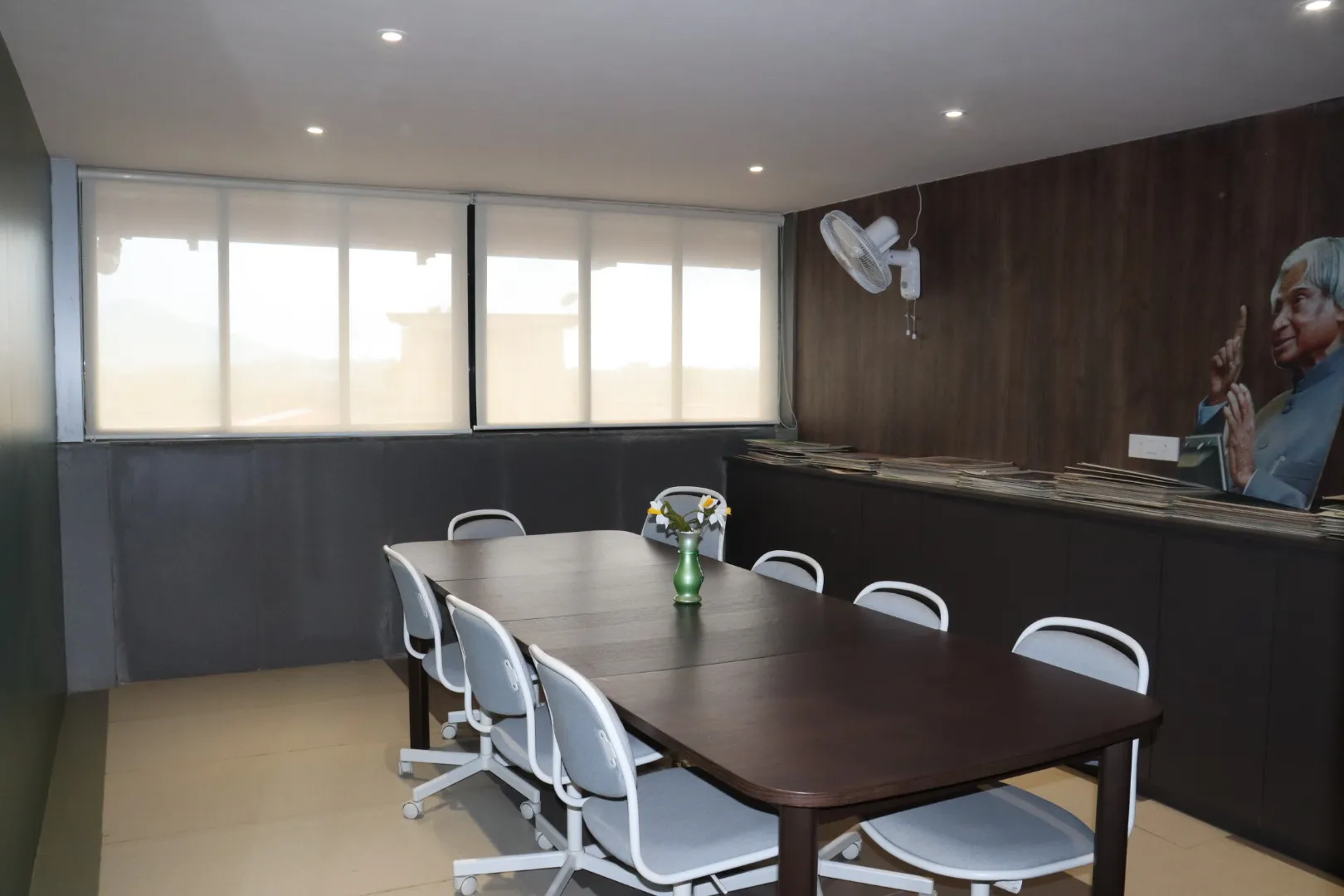
E-Learning studio
An e-learning studio is a dedicated space equipped with advanced technology and multimedia tools designed for creating and delivering online educational content. It typically includes professional lighting, green screens, and high-quality audio equipment to enhance video production. E-learning studios enable educators to record lectures, tutorials, and interactive presentations efficiently. They support the integration of animations, graphics, and simulations to enhance learning experiences. These studios cater to remote learners by providing seamless access to educational resources and fostering engaging digital learning environments.
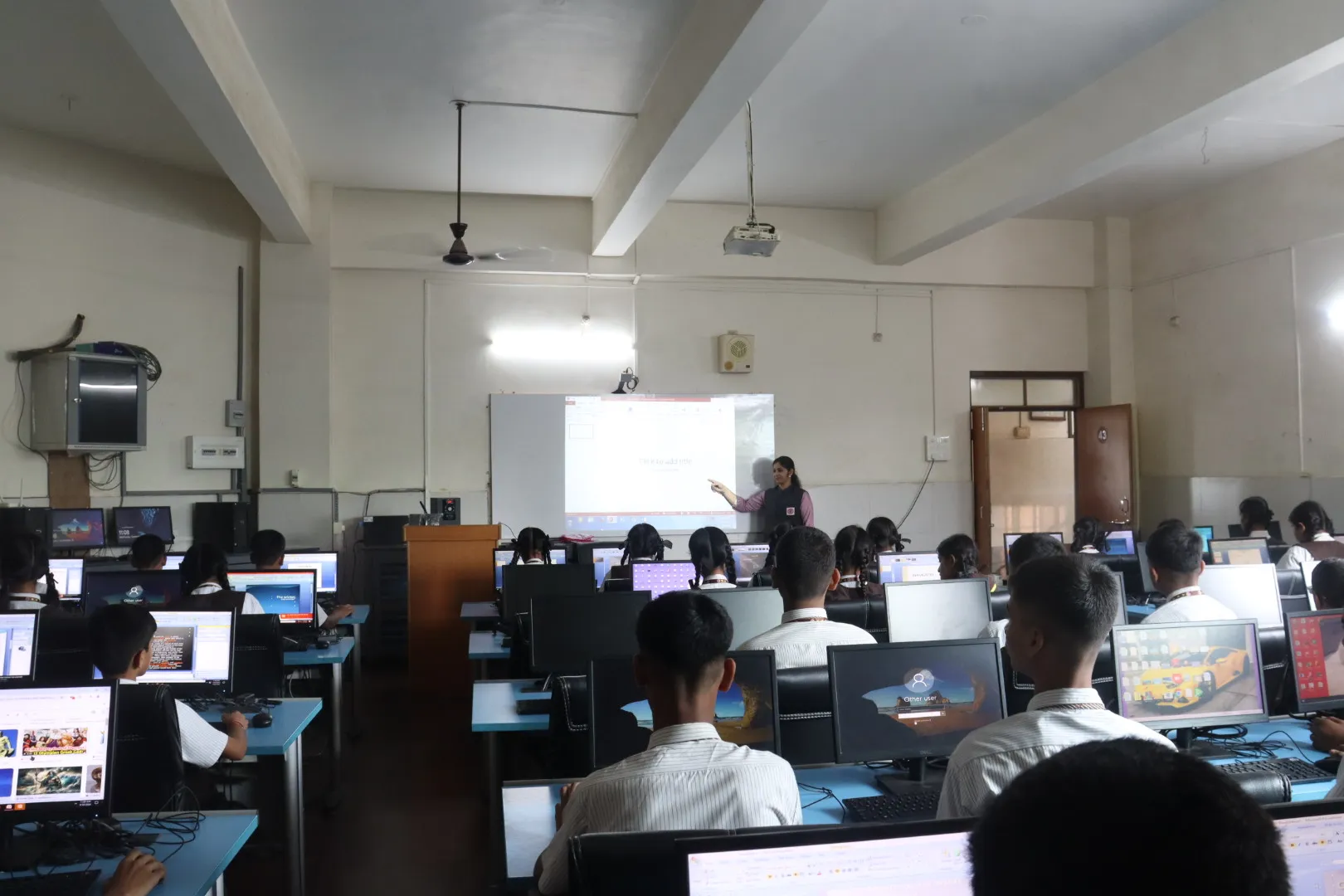
Medical room
The medical room at KCSA serves as a vital facility equipped to provide first aid and basic medical care to students and staff during school hours. Staffed by trained personnel such as nurses or first aiders, it offers a safe and comfortable environment for treating minor injuries and illnesses. The medical room maintains essential medical supplies and equipment to address immediate h title=""ealth concerns and emergencies. It also serves as a space for students to rest and recuperate before returning to class. Regularly stocked and well-maintained, the medical room ensures the well-being and safety of the school community.
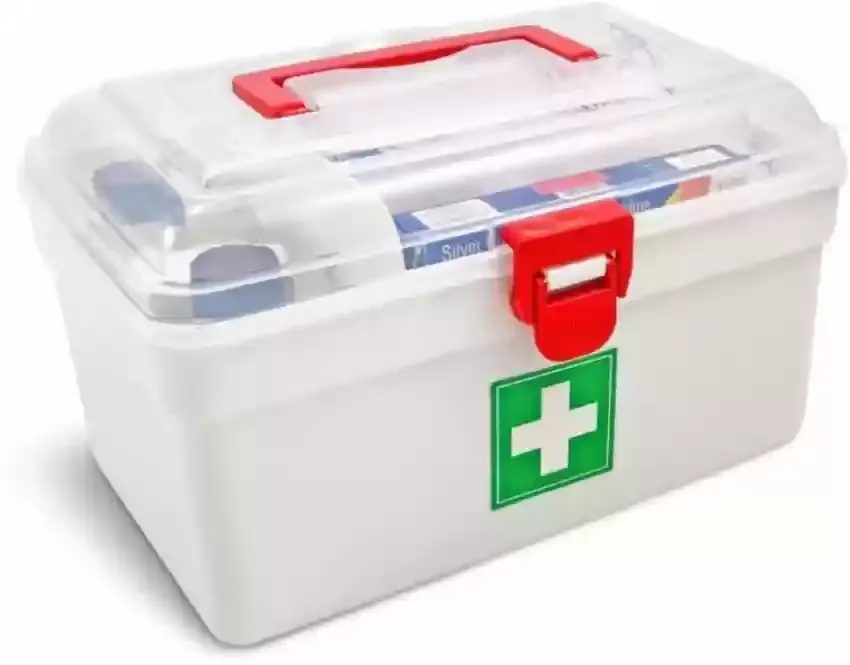
Sports ground
The school sports ground is an expansive outdoor area dedicated to physical activities and sports events. It features well-maintained fields and courts for various sports such as football, basketball, and athletics. Equipped with facilities like goalposts, nets, and lines for different games, it accommodates both recreational play and competitive matches. The sports ground promotes physical fitness, teamwork, and sportsmanship among students through organized practices and inter-school competitions. It serves as a vibrant hub for fostering a h title=""ealthy and active lifestyle within the school community.

Hostel Accommodation
The KCSA hostel provides residential accommodation for students who live away from home. It offers a safe and supportive environment with facilities such as dormitories, common rooms, and study areas. Hostels promote a sense of community among students from diverse backgrounds, fostering friendships and cultural exchange. Resident supervisors ensure safety and discipline while nurturing a conducive atmosphere for academic focus and personal development. The hostel serves as a home away from home, offering amenities like dining halls, recreational spaces, and round-the-clock supervision to support students' holistic growth and well-being.
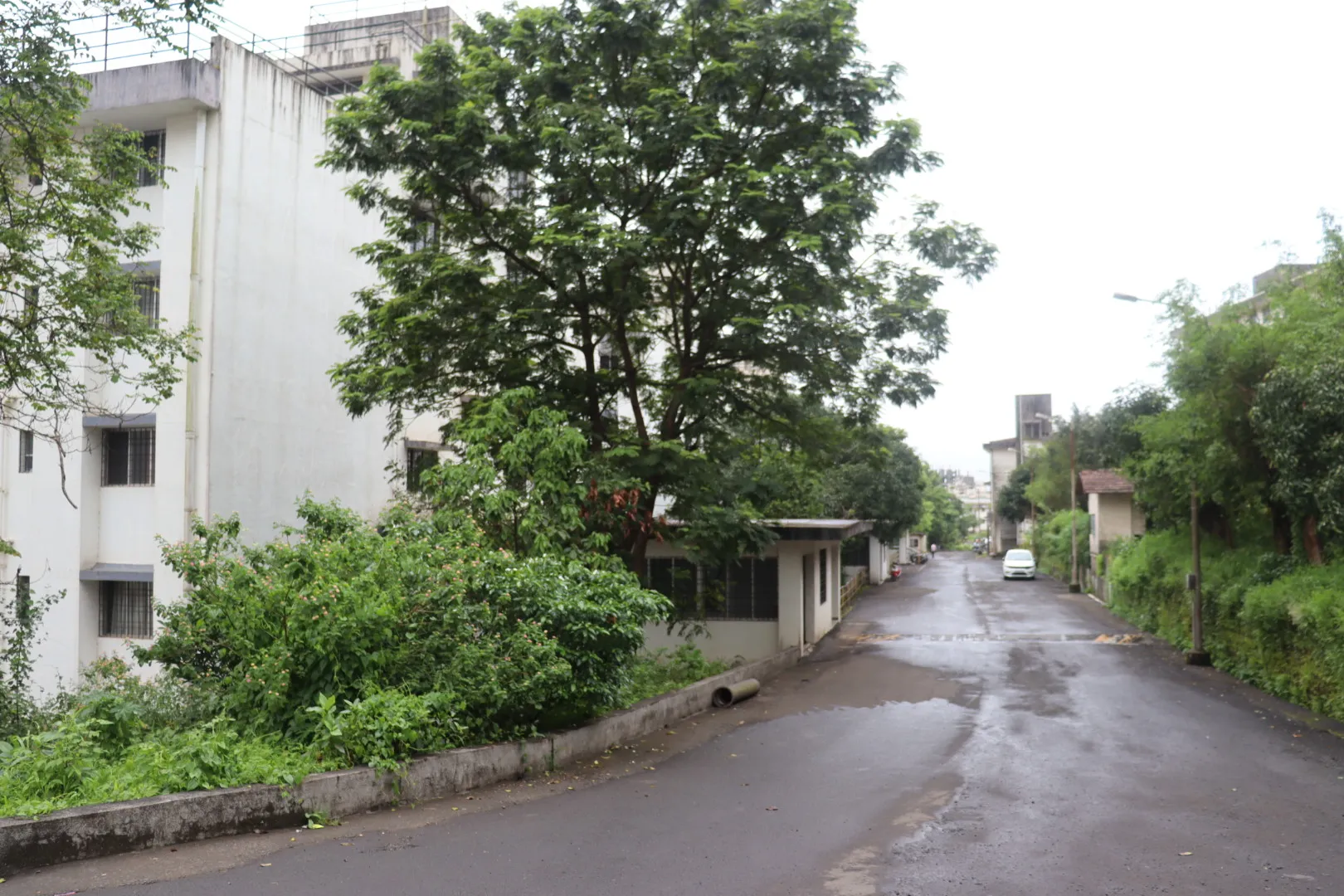
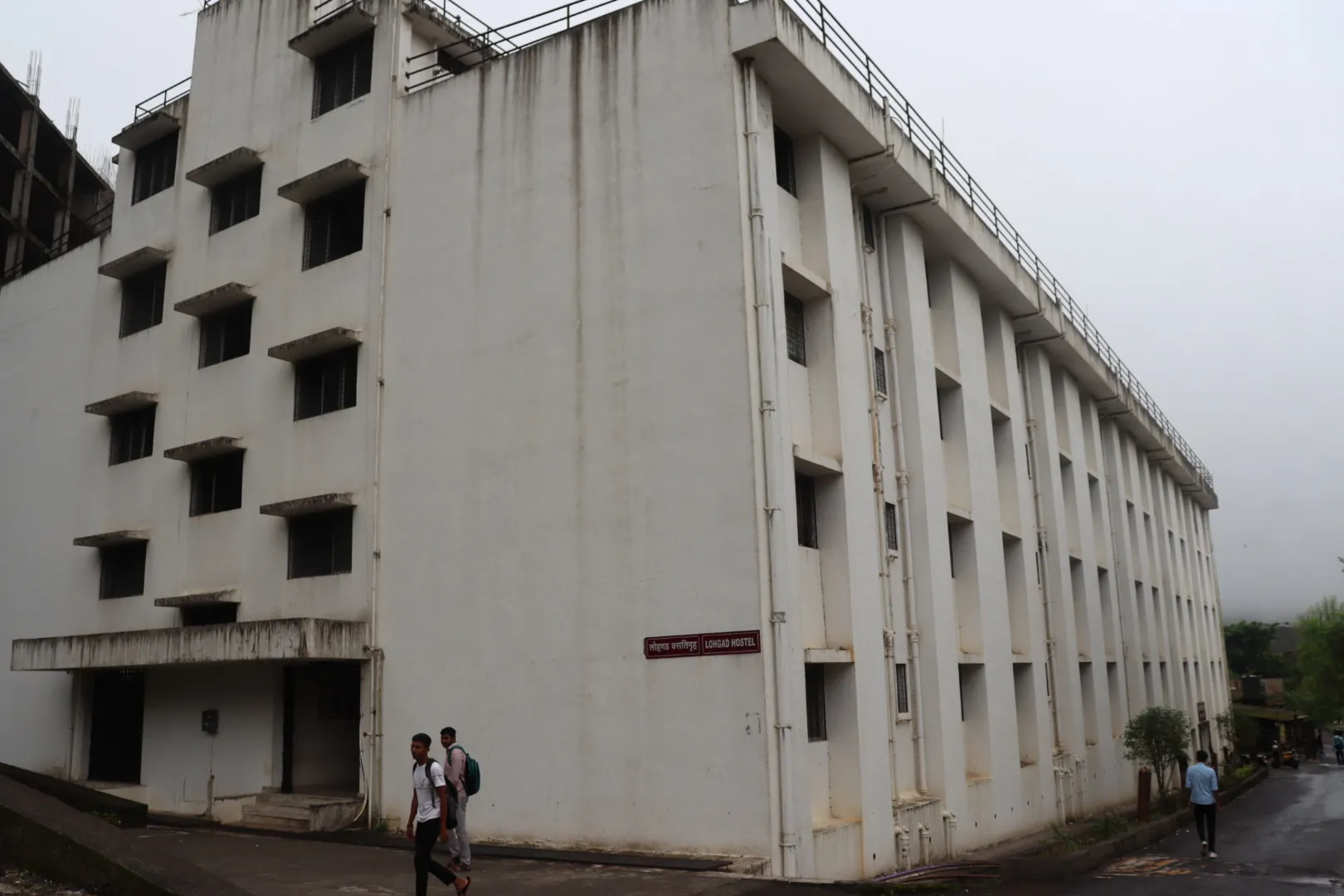
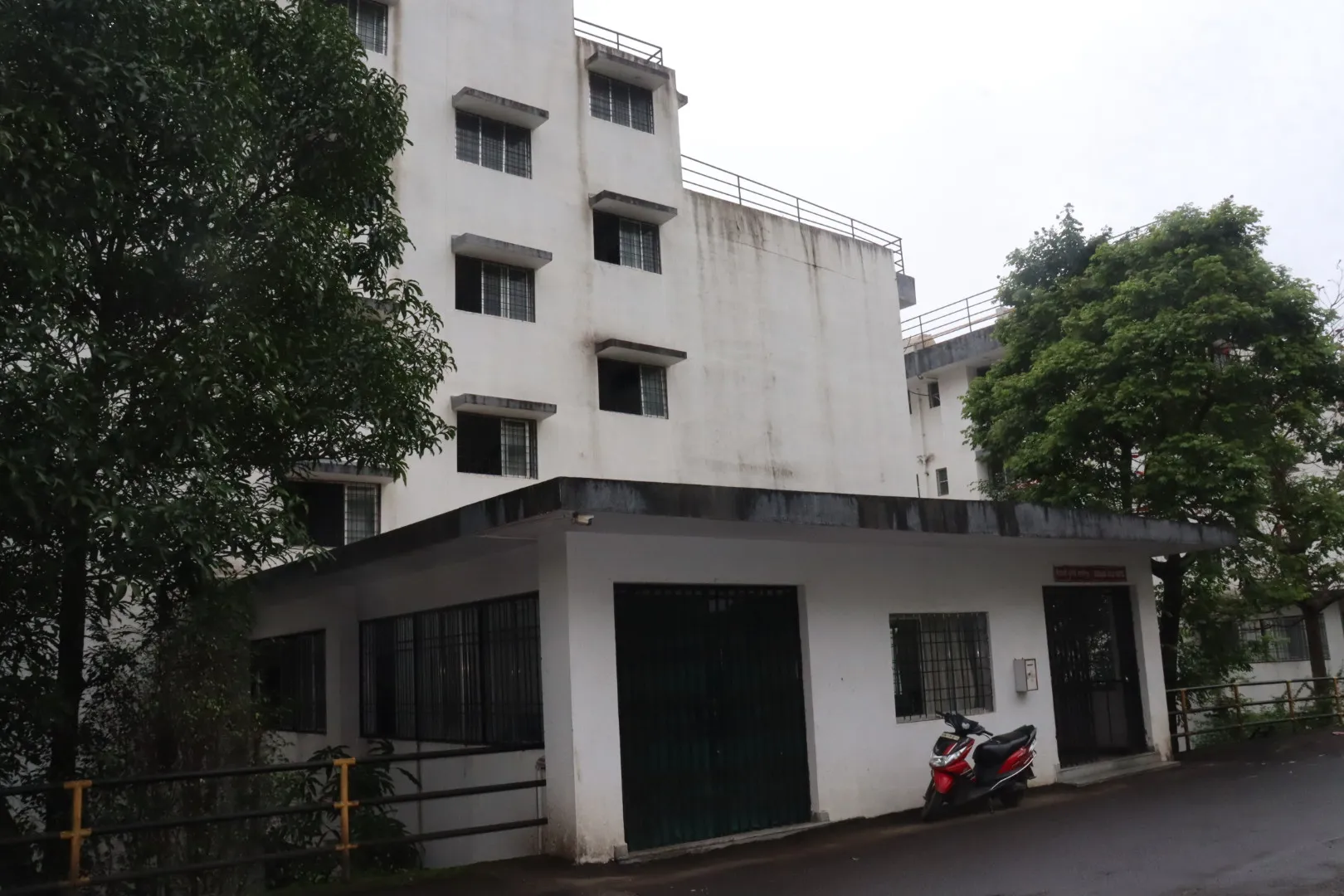
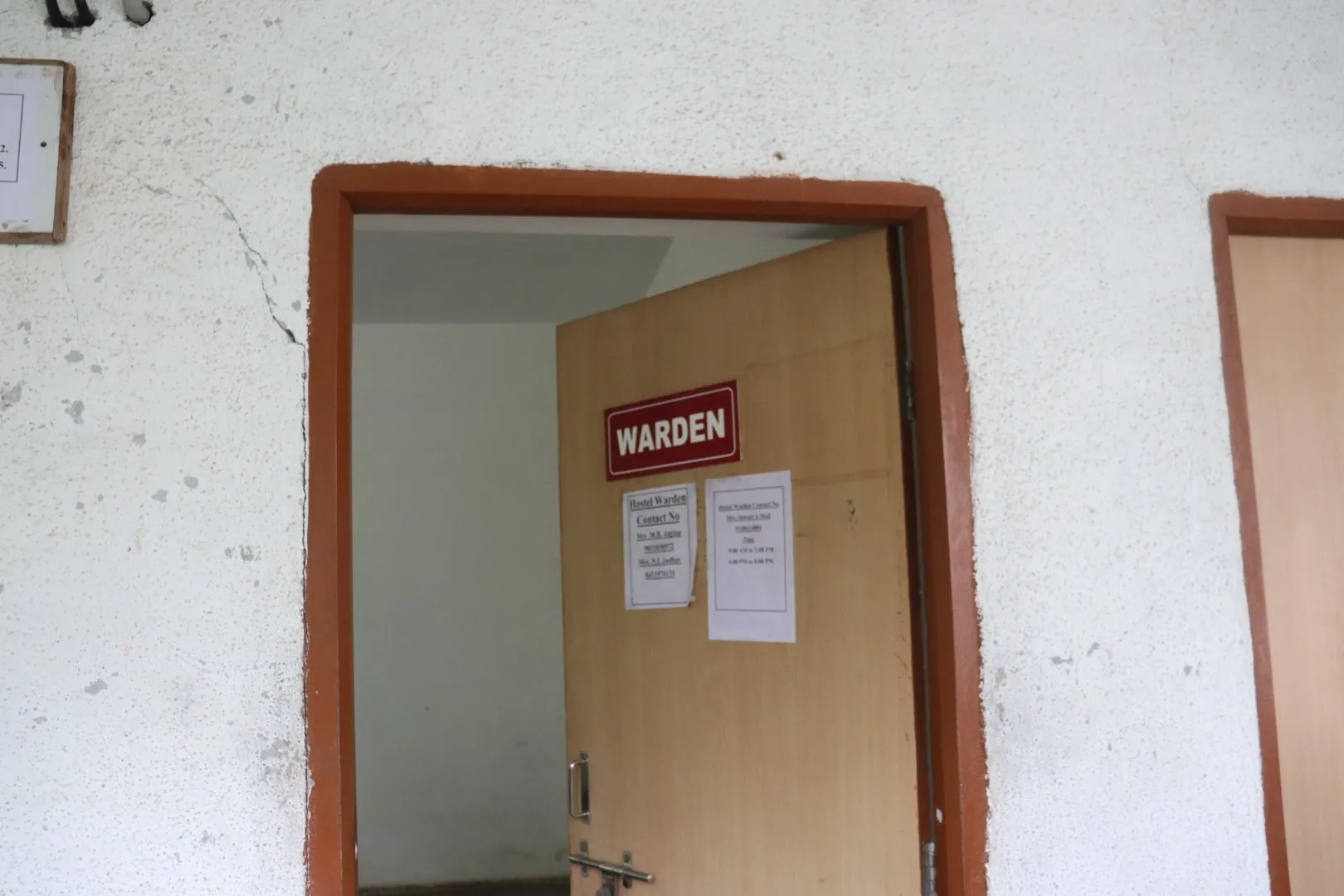
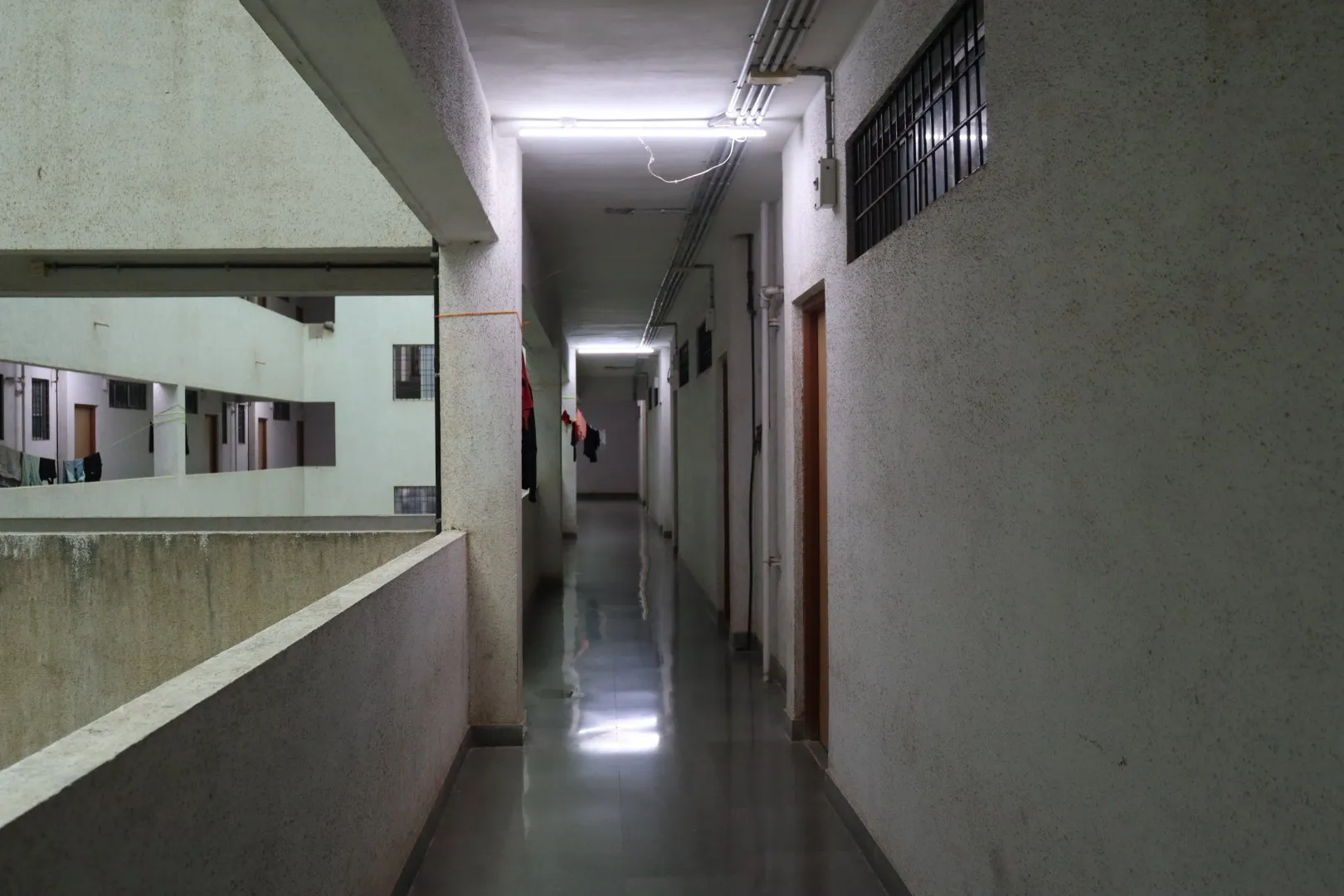
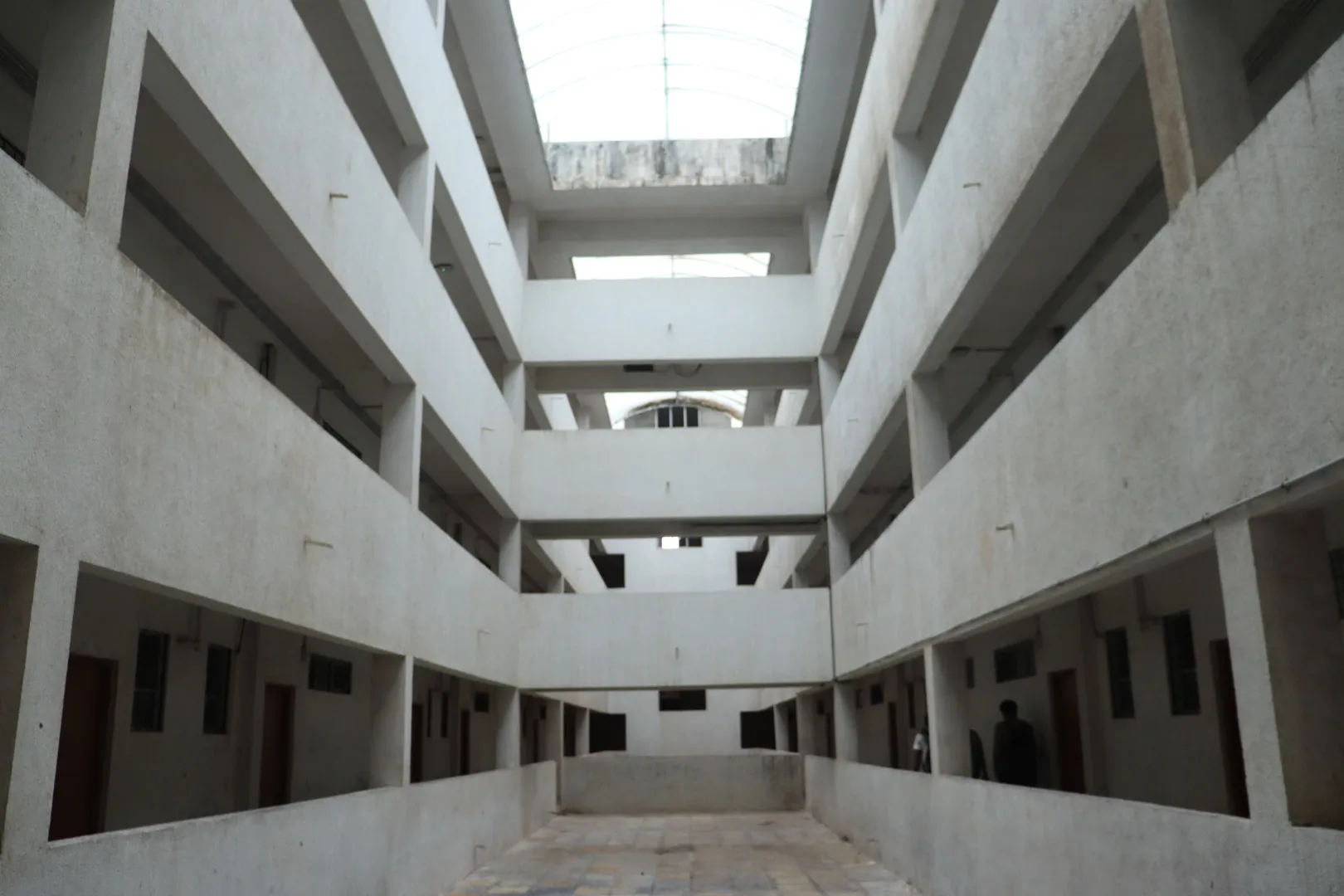
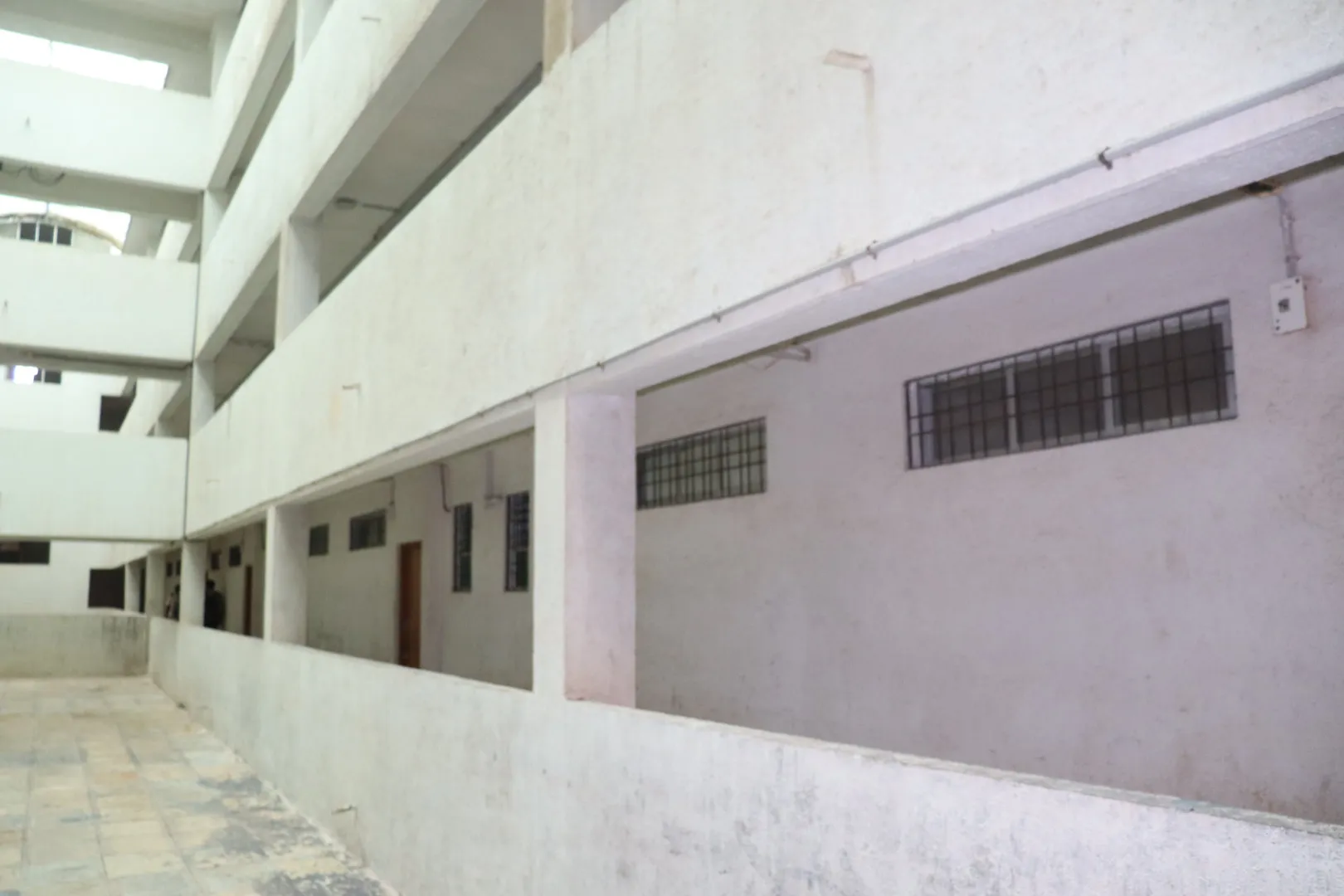
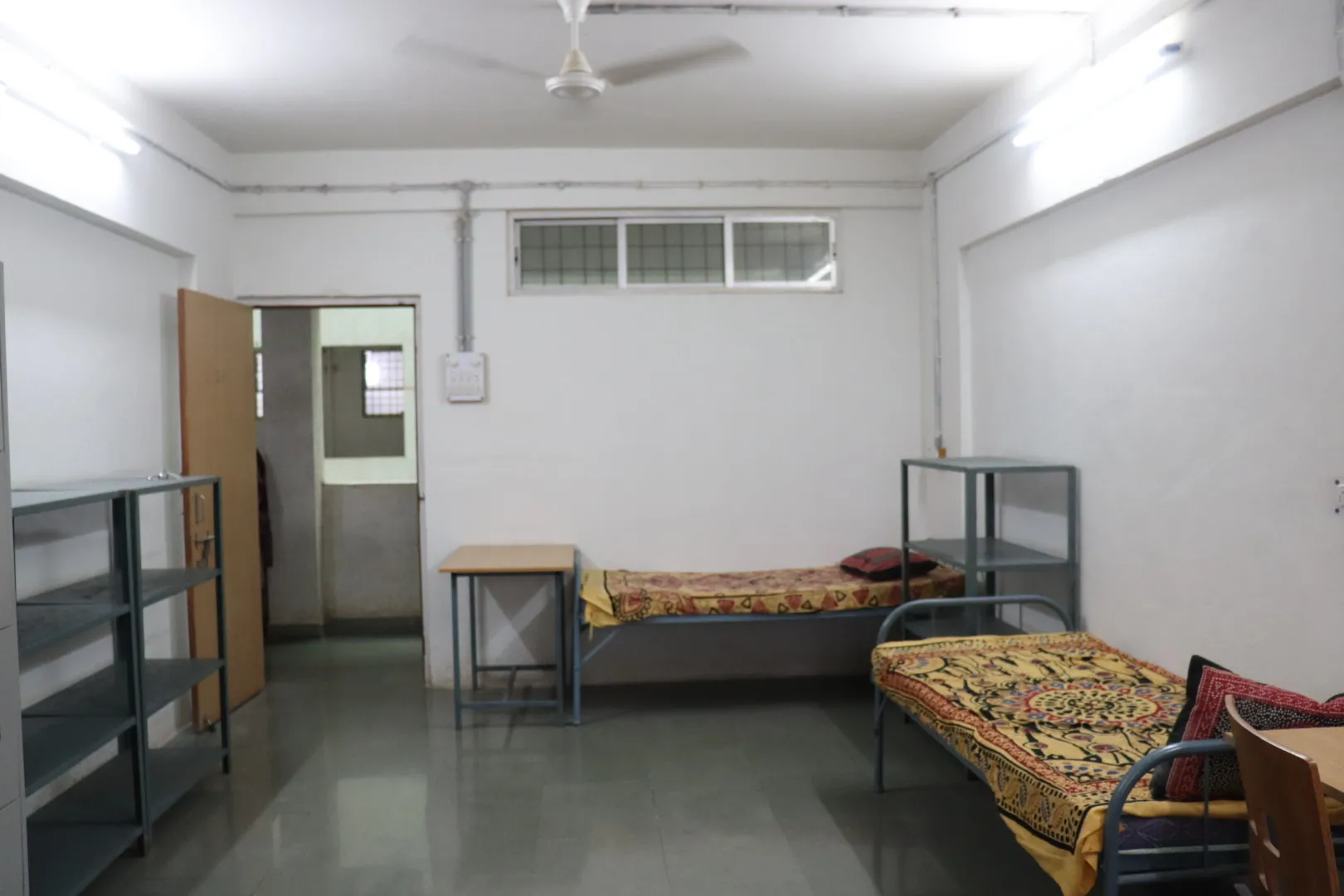
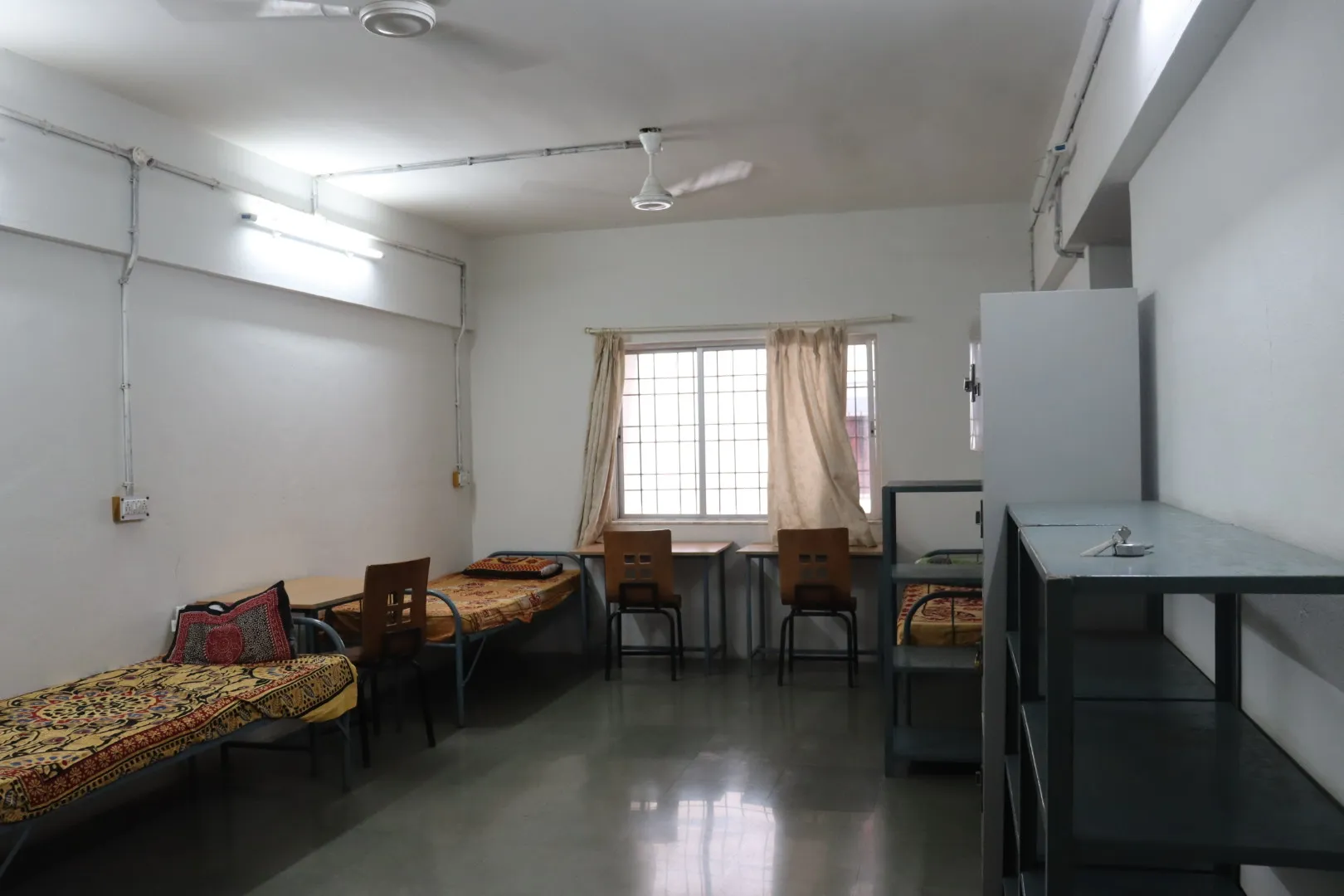
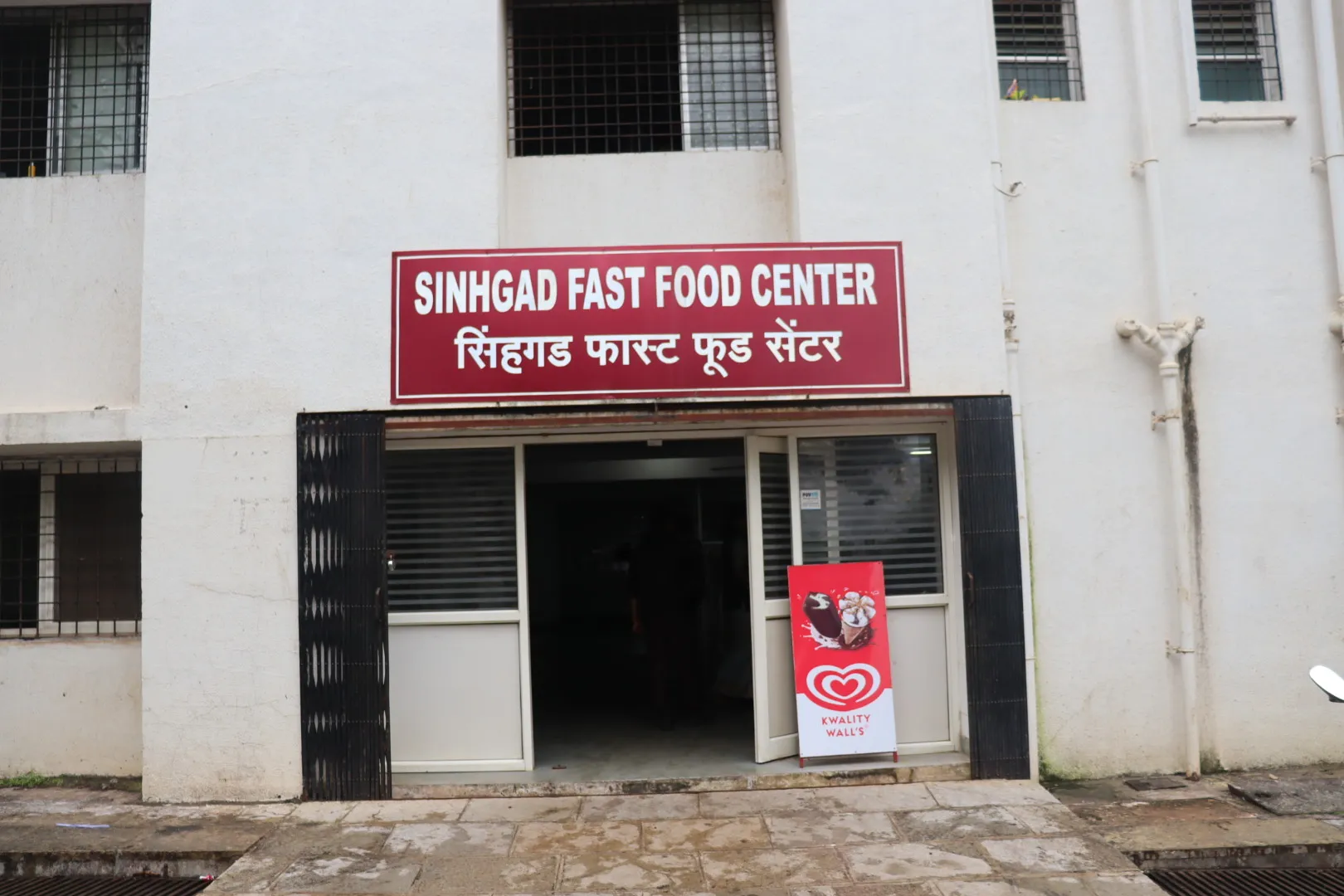
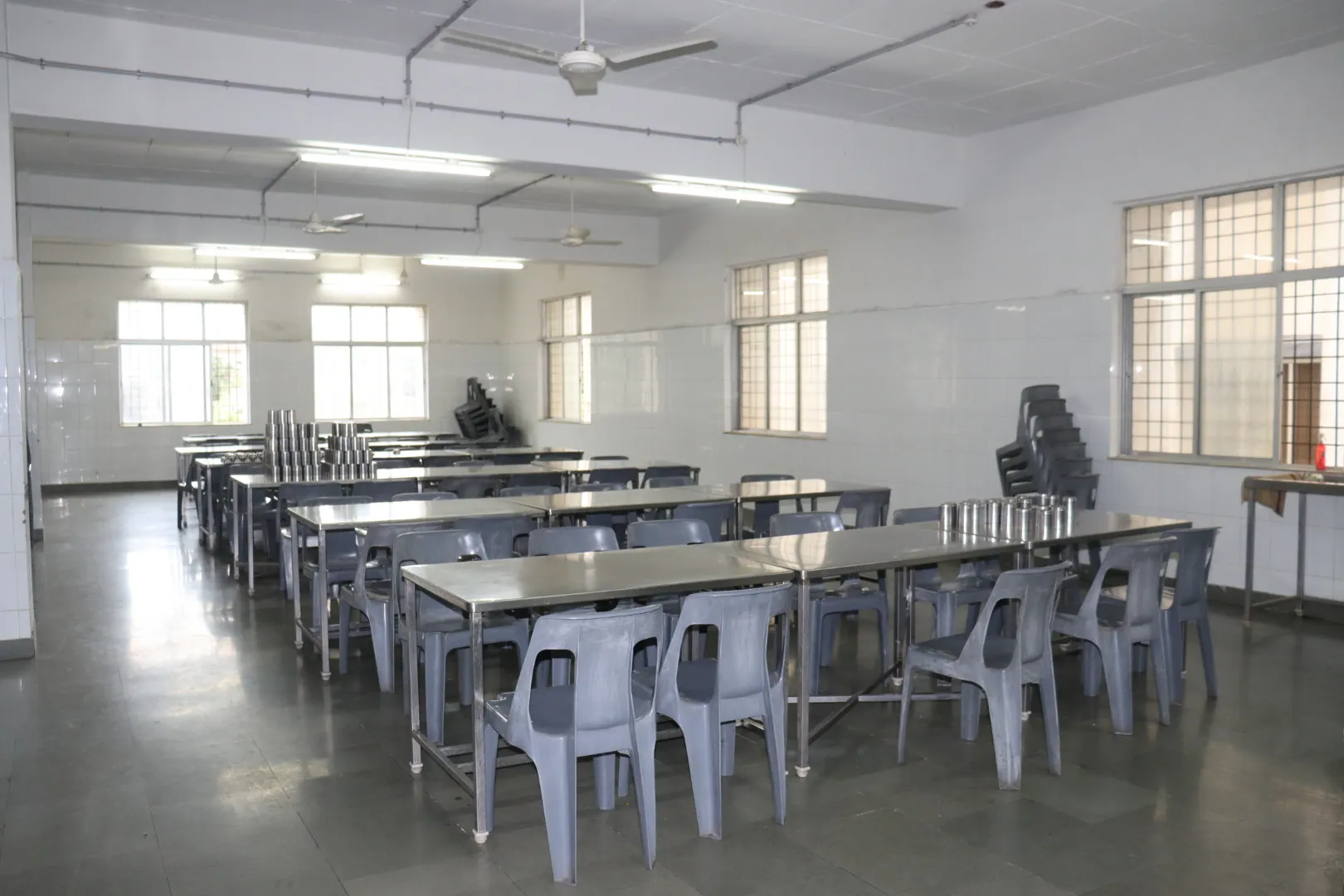
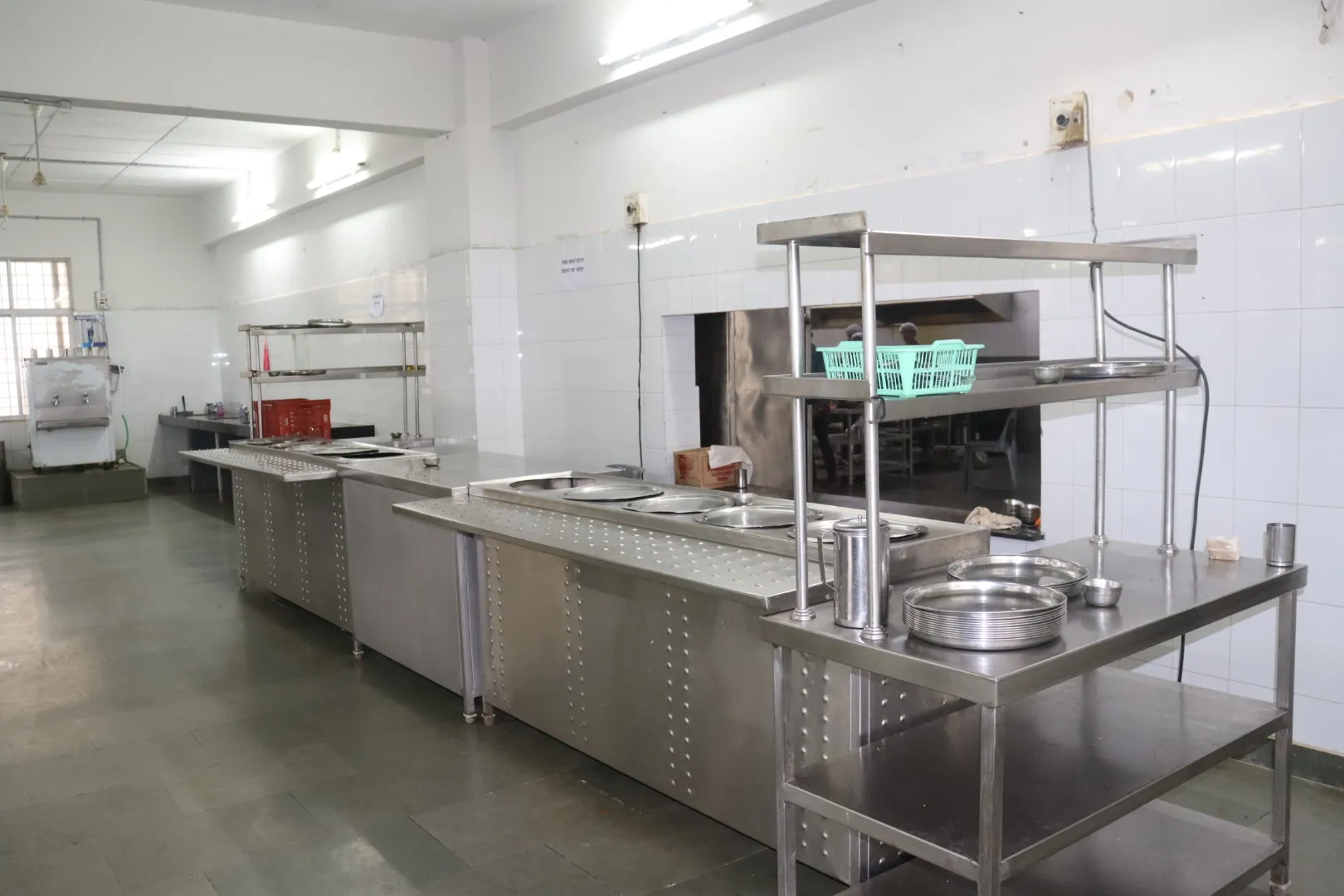
Admin Block
The Kalpana Chawla Space Academy Admin Block serves as the central hub for all administrative and academic coordination. Named in honor of the first Indian-born woman in space, it symbolizes inspiration and excellence. The building is well-equipped with modern facilities to support space science education and research. It plays a crucial role in managing student affairs, faculty operations, and institutional planning. The admin block reflects the academy’s commitment to nurturing future space explorers.
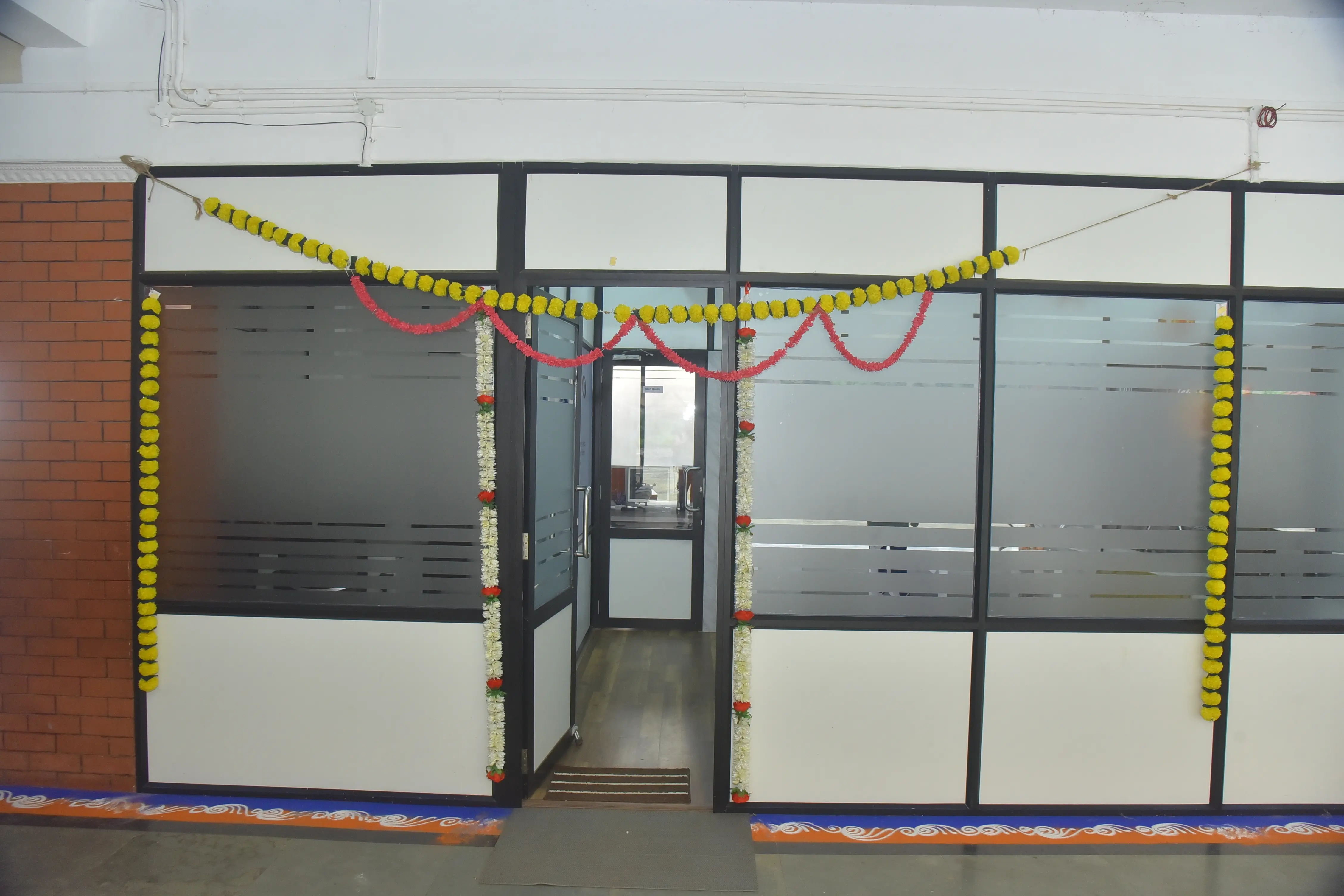

Experiment Hall
Experiment halls are specialized facilities within educational institutions or research centers designed for conducting scientific experiments and practical demonstrations. These halls are equipped with state-of-the-art laboratory equipment, instruments, and safety measures to facilitate hands-on learning and research activities. They provide controlled environments for conducting experiments in various scientific disciplines such as physics, chemistry, biology, and engineering. Experiment halls are essential for students and researchers to explore theoretical concepts, test hypotheses, and acquire practical skills through structured laboratory sessions. They play a crucial role in enhancing scientific understanding, fostering critical thinking, and preparing individuals for careers in STEAM fields.
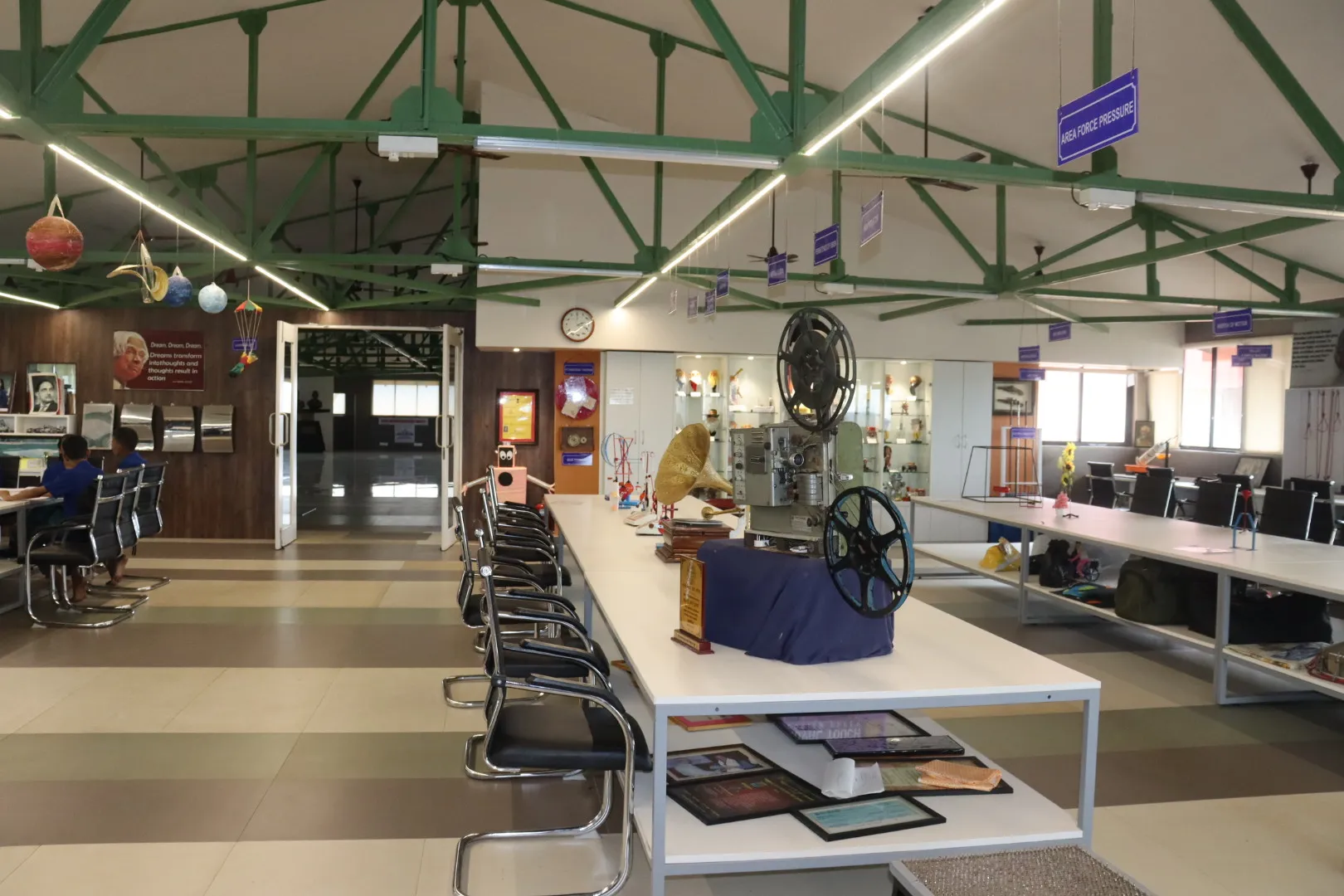
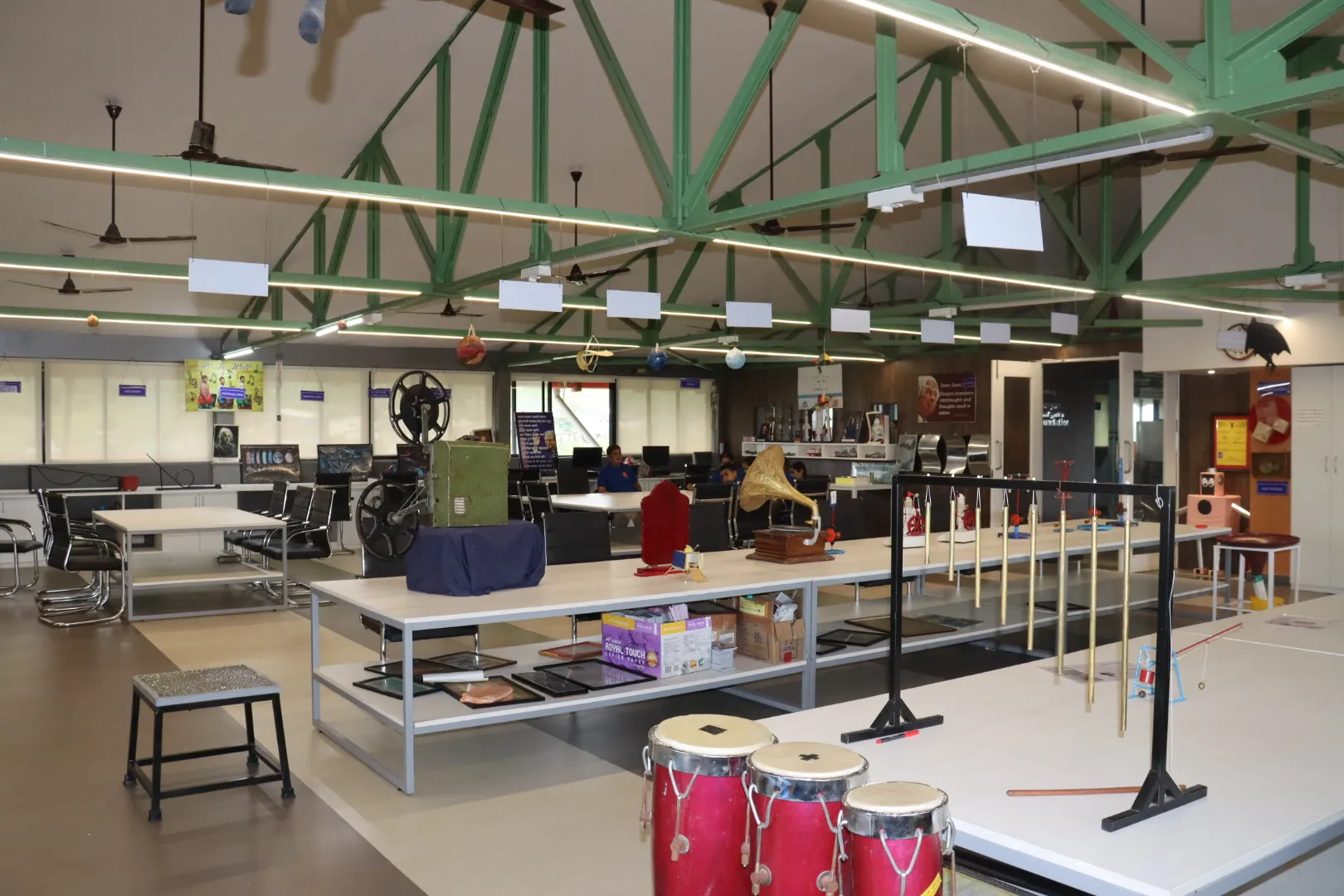
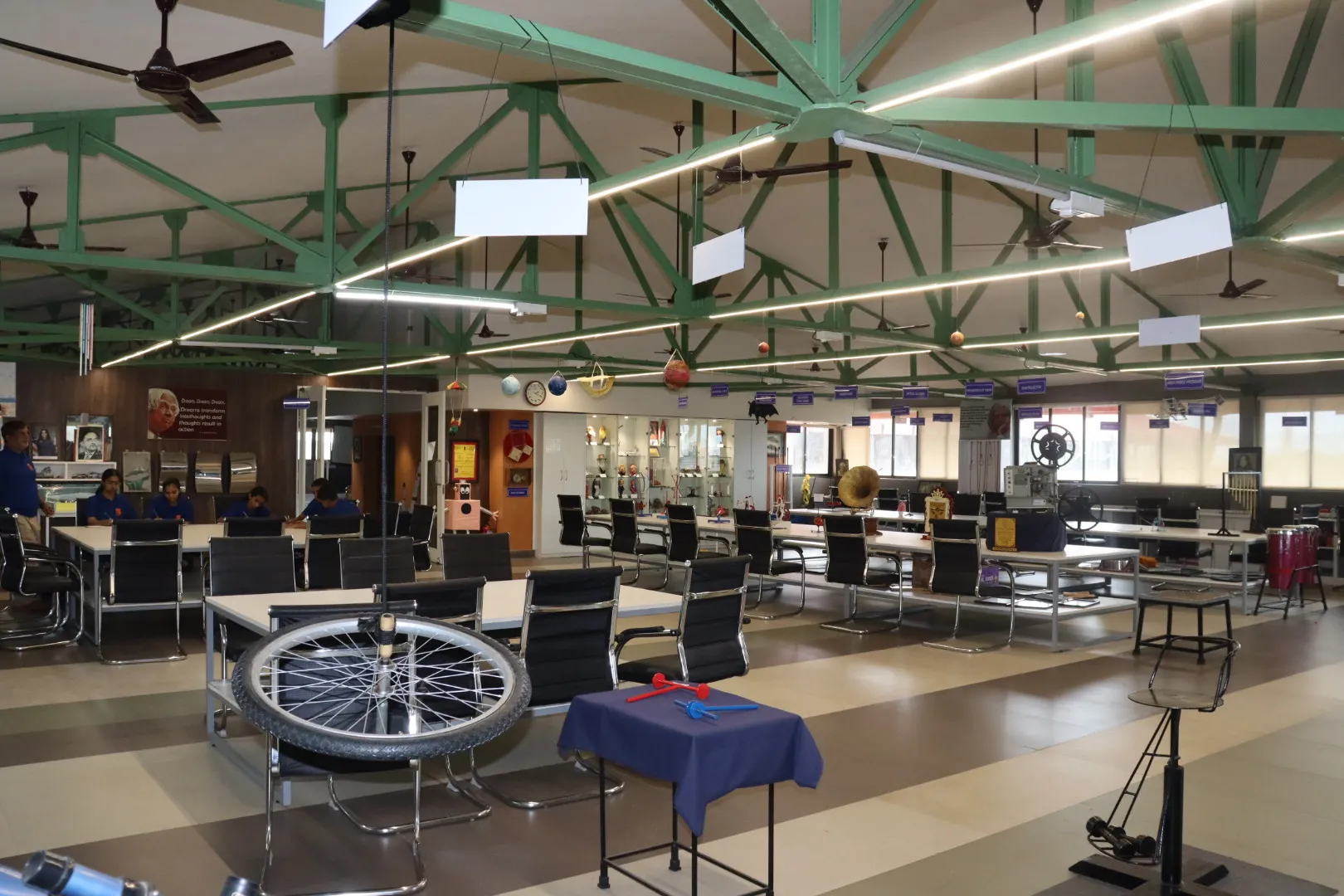
Library
A space library at KCSA, in the context of space science and exploration, typically refers to a specialized library or resource center that focuses on materials related to astronomy, astrophysics, planetary science, and space technology. A space library houses an extensive collection of books, journals, and research papers on topics ranging from celestial mechanics to space exploration missions.
It provides access to digital archives, databases, and online resources that cover the latest developments in space sciences and technologies. Space libraries often feature rare manuscripts, historical documents, and multimedia materials related to space exploration milestones and discoveries. Librarians and specialists in space sciences curate the collection and assist researchers, students, and enthusiasts in accessing relevant information and conducting literature reviews. These libraries serve as hubs for knowledge exchange, supporting academic research, educational programs, and public outreach initiatives aimed at advancing our understanding of the universe and fostering interest in space exploration.
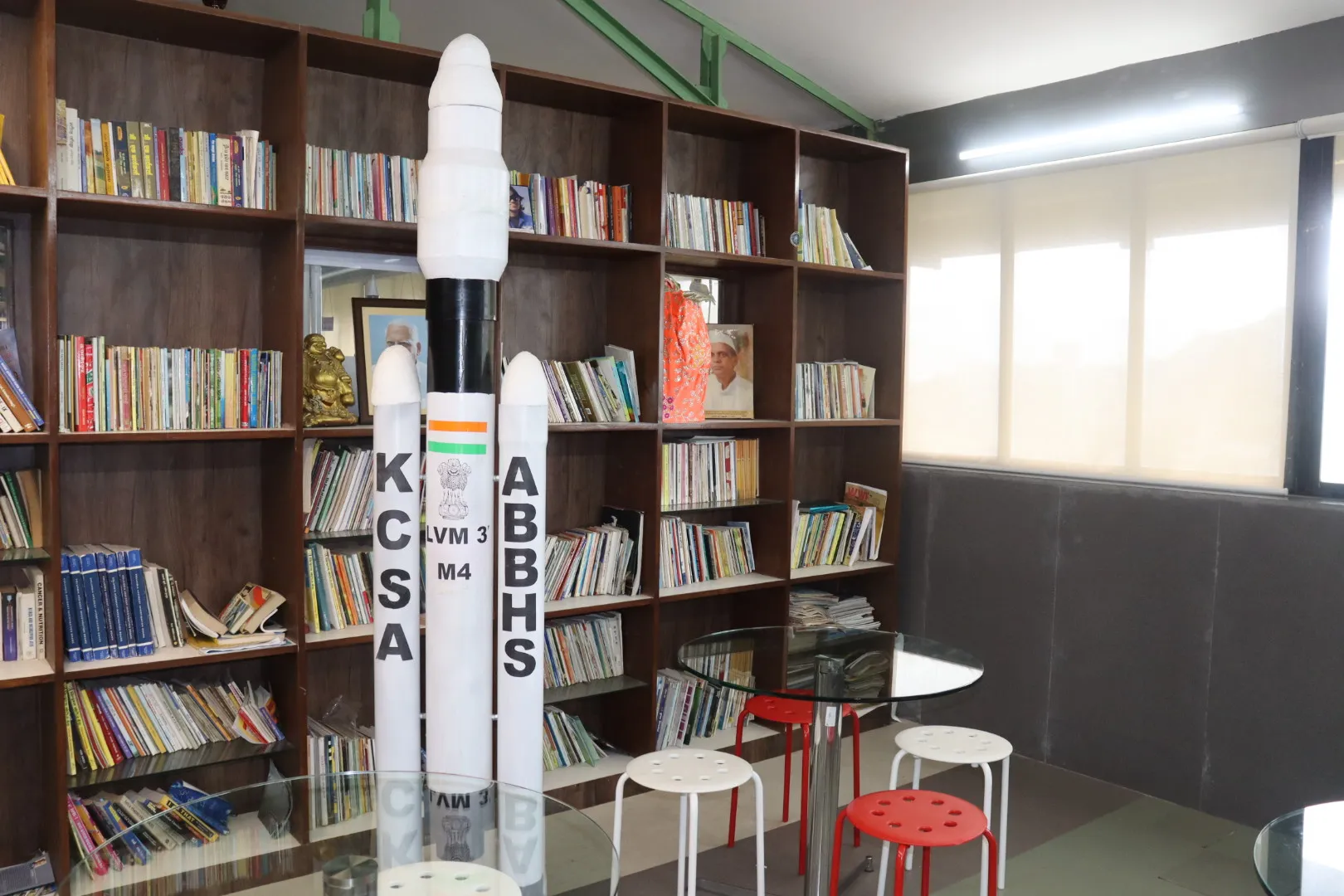
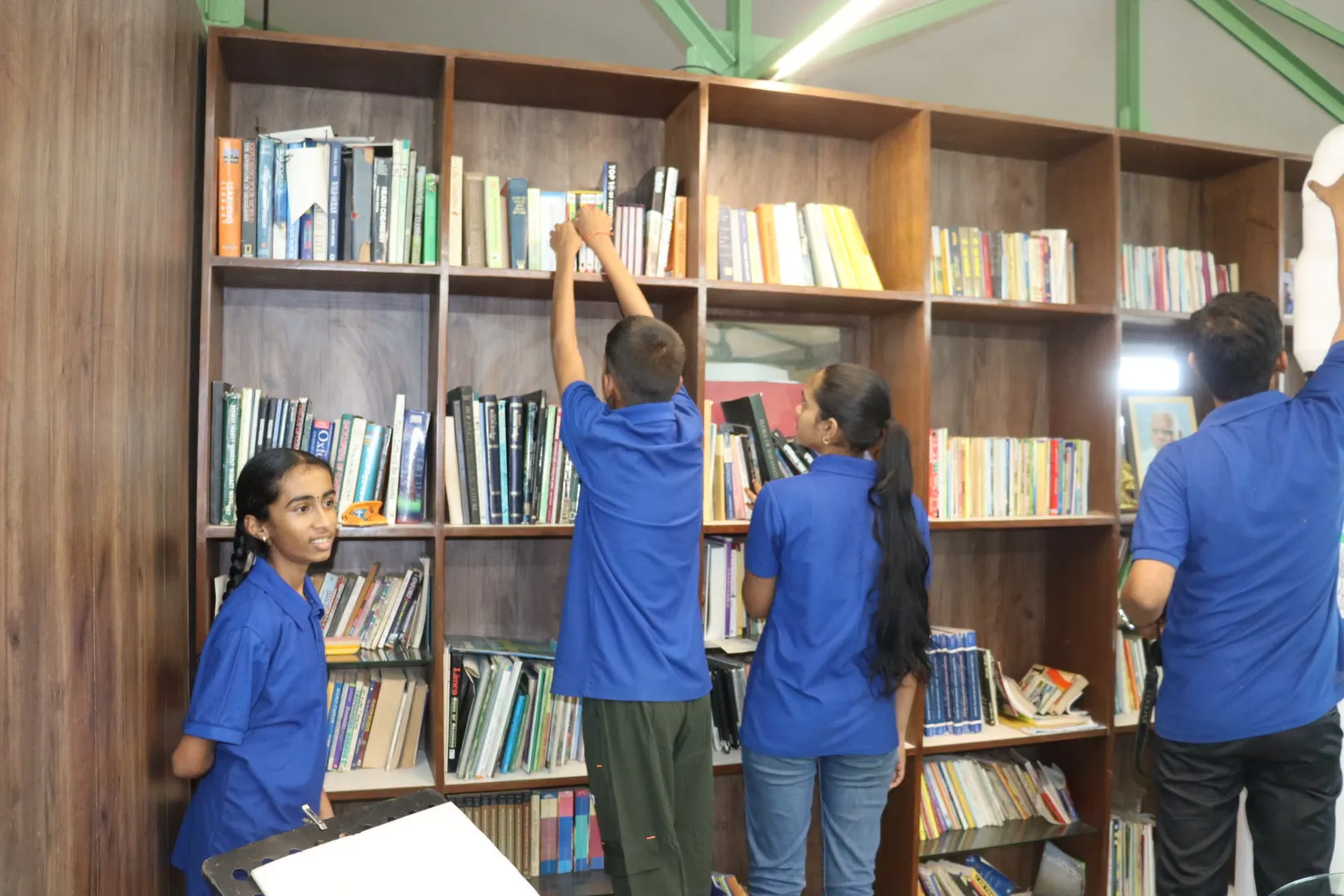

Astrophysics Lab
An astrophysics lab is a specialized facility where scientific research and experiments related to astrophysics are conducted. An astrophysics lab is equipped with advanced telescopes, spectrographs, and detectors for observing celestial objects and phenomena. Researchers in astrophysics labs study topics such as stellar evolution, black holes, galaxies, and cosmology to deepen our understanding of the universe. These labs often simulate cosmic conditions to conduct experiments that replicate phenomena like supernovae explosions or planetary atmospheres. Data analysis software and computing resources are integral to astrophysics labs for processing and interpreting large datasets obtained from observations. Astrophysics labs play a crucial role in advancing scientific knowledge, training future astronomers and physicists, and contributing to breakthroughs in space science and exploration.
Meteorology Lab
A meteorology lab is a specialized facility where scientific research and experiments related to atmospheric phenomena and weather patterns are conducted. A meteorology lab is equipped with instruments such as weather stations, anemometers, barometers, and thermometers to measure atmospheric conditions. Researchers in meteorology labs study weather patterns, climate change, atmospheric dynamics, and the behavior of severe weather events like hurricanes and tornadoes.
These labs often utilize computer models and simulations to forecast weather patterns and analyze meteorological data collected from various sources. Meteorology labs play a crucial role in understanding the Earth's atmosphere, predicting weather trends, and assessing the impact of climate change on global weather systems. Meteorologists, climatologists, and atmospheric scientists collaborate in these labs to improve weather forecasting accuracy, develop mitigation strategies for natural disasters, and inform public safety measures.
Aeromodelling
The Kalpana Chawla Space Academy Aeromodelling Lab is a dedicated learning space that introduces students to aerodynamics, aviation, and space science through hands-on activities. Named after India’s first woman astronaut, Kalpana Chawla, the lab inspires students to aim high and explore scientific innovation. Students engage in paper modelling, LEGO-based constructions, rocketry, and paper-based airplane making, which help them understand concepts like lift, thrust, drag, and gravity. These practical activities enhance creativity, logical thinking, teamwork, and problem-solving skills. The lab bridges theoretical knowledge with real-world applications and encourages students to develop a strong interest in aerospace, engineering, and space research.
Science Labs
At Kalpana Chawla Space Academy in Lonavala, our state-of-the-art physics, chemistry, and biology labs are setting new benchmarks in science education. Our physics lab challenges students with experiments on projectile motion that mirror real-world research projects. In the chemistry lab, learners safely explore chemical reactions and compound formations using top-tier equipment, while our biology lab offers hands-on experiences such as microscope analysis of cell samples. Each lab meets rigorous safety standards and is designed to foster experimentation and critical thinking.Our upcoming admissions campaign invites students and educators to join a dynamic learning community supported by experienced science mentors. Discover the joy of integrated learning as you engage in real-life research projects and transformative experiments.
Earth Science
Earth science encompasses the study of the Earth's physical structure, composition, processes, and history. Earth science integrates disciplines such as geology, meteorology, oceanography, and environmental science to understand the Earth as a complex system. Researchers in Earth science study topics including plate tectonics, geological formations, climate change, and natural hazards like earthquakes and volcanic eruptions.
This field employs a variety of scientific methods, including fieldwork, laboratory analysis, remote sensing, and computer modelling, to investigate Earth's phenomena. Earth science plays a vital role in addressing global challenges such as resource management, environmental sustainability, and natural disaster mitigation. Through interdisciplinary research and education, Earth scientists contribute to our understanding of the planet's past, present, and future, informing policies and practices for a sustainable future.
Avionics
Avionics refers to the electronic systems used in aircraft, spacecraft, and satellites. Avionics encompasses a wide range of electronic systems installed in aircraft for communication, navigation, monitoring, and control purposes. Key components of avionics include navigation systems (such as GPS), communication systems (including radios and transponders), and flight management systems.
Avionics also include instruments for monitoring flight parameters like title="" altitude, airspeed, and engine performance. The integration of avionics systems enhances flight safety, efficiency, and reliability by providing pilots with real-time data and automated controls. Advancements in avionics technology contribute to the development of more sophisticated aircraft and spacecraft capable of autonomous operation and enhanced mission capabilities.
Computer Networking Lab
A computer network lab is a specialized facility equipped for studying, designing, and testing computer networks. A computer network lab typically contains network equipment such as routers, switches, servers, and network cables to simulate real-world networking environments. Students and researchers use the lab to learn about network protocols, configurations, and troubleshooting techniques through hands-on experiments. The lab may include software tools for network simulation, packet analysis, and monitoring network performance. Practical exercises in the lab involve setting up LANs (Local Area Networks), WANs (Wide Area Networks), and implementing network security measures. Computer network labs play a crucial role in training IT professionals, conducting research on network technologies, and testing new networking solutions for scalability and performance.
Virtual Reality Lab
Virtual Reality (VR) refers to a computer-generated simulation of a three-dimensional environment that users can interact with using specialized electronic devices, such as VR headsets. VR immerses users in a virtual environment through visual, auditory, and sometimes haptic (touch-based) stimuli, creating a sense of presence and immersion. VR technology typically involves head-mounted displays (HMDs) that provide stereoscopic displays and motion tracking sensors to track the user's movements. Applications of VR span various industries, including gaming, entertainment, education, h title=""ealthcare, architecture, and training simulations. VR experiences can range from interactive games and virtual tours to medical training simulations and architectural visualization. Ongoing advancements in VR technology aim to enhance realism, reduce latency, and expand the potential for social interaction and collaborative experiences within virtual environments.
Atmospheric Lab
An atmospheric lab at KCSA is a specialized facility used for studying various aspects of Earth's atmosphere. Atmospheric labs are equipped with instruments for measuring atmospheric parameters such as temperature, humidity, pressure, wind speed, and composition. Researchers in atmospheric labs study atmospheric processes, including weather patterns, climate change, air pollution, and atmospheric chemistry. These labs often include controlled chambers where atmospheric conditions can be simulated to study specific phenomena or conduct experiments.
Data collected in atmospheric labs contribute to weather forecasting models, climate research, and understanding the impact of human activities on the atmosphere. Atmospheric labs play a crucial role in advancing our knowledge of Earth's atmosphere and developing strategies for environmental protection and sustainable development.
Computer Lab
Over 85% of students enhance their learning outcomes through regular use of our state-of-the-art computer lab at Kalpana Chawla Space Academy. There are 93 computers in our lab covering 2 floors. A typical computer lab is equipped with computers, peripherals and software for education, research and practical purposes. At KCSA, computer labs are used for teaching computer skills, programming languages and software applications. This facility is not just a computer lab—it’s a hub of innovation and digital transformation that supports modern computer education, encourages creativity, and prepares students for future technological challenges.
Our labs are equipped with high-performance computers, interactive software, and cutting-edge digital tools that empower students to explore fields ranging from programming to space research. The lab’s dynamic learning environment inspires academic growth and practical application of theoretical concepts, making it a cornerstone of our educational system. We invite you to like, share, and comment with your questions about our lab facilities.

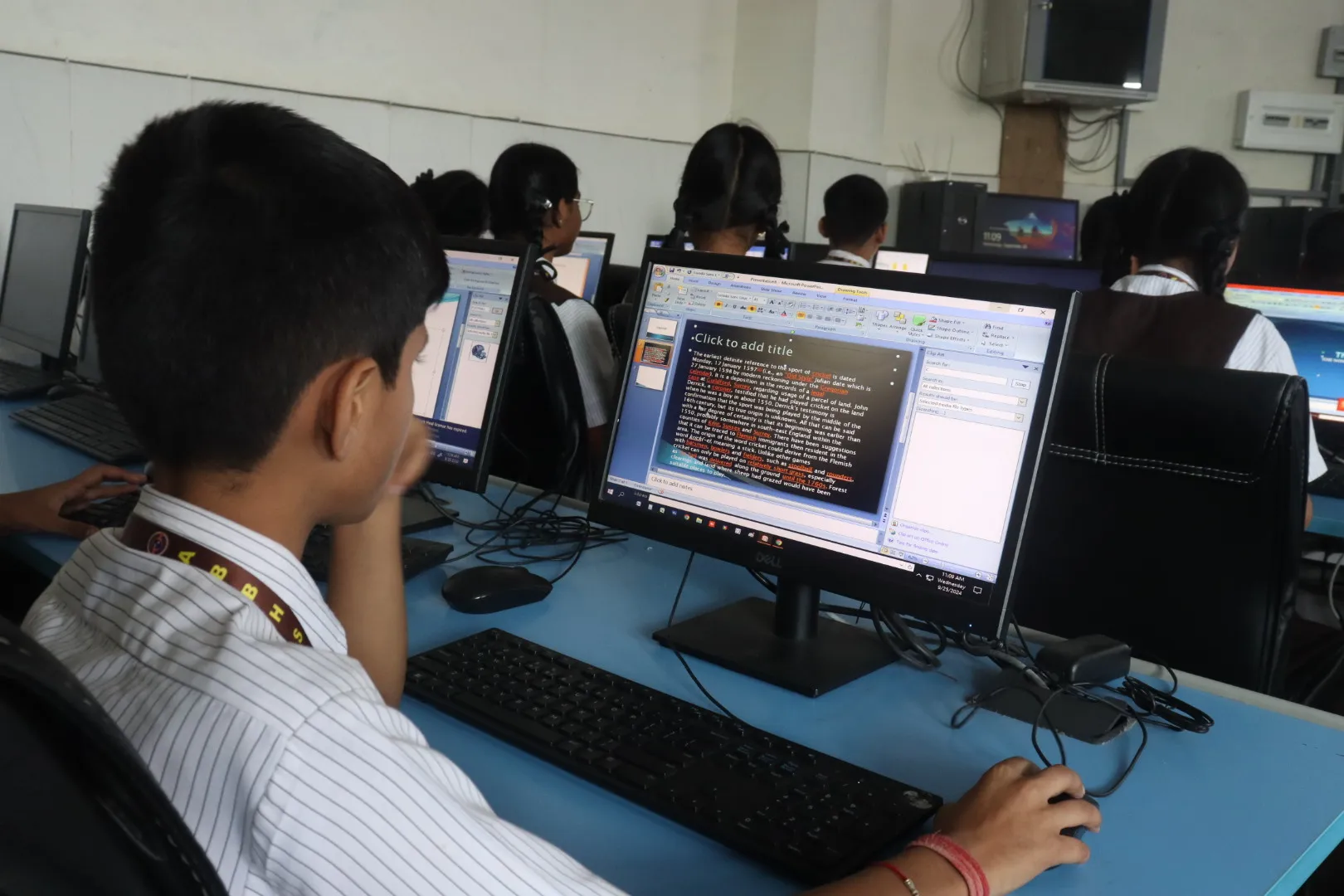
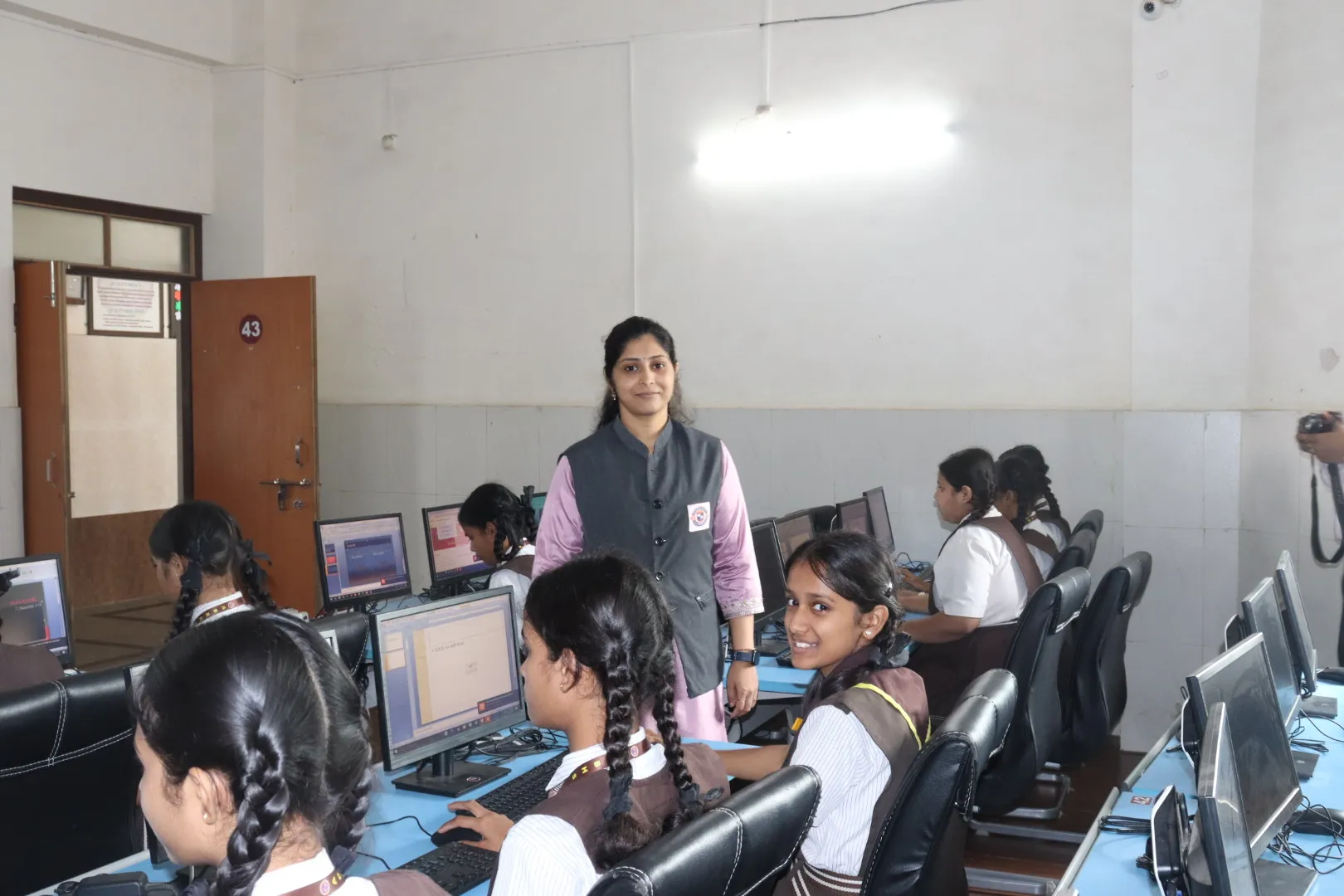
Telecommunication Lab
The Satellite Communication Lab at Kalpana Chawla Space Academy is a cutting-edge facility dedicated to advancing space communication technologies. It features state-of-the-art equipment for satellite signal processing, tracking, and data analysis. Students and researchers engage in hands-on learning, simulating real-world satellite operations and communication scenarios. The lab supports both theoretical and practical studies, fostering innovation in satellite technology. Through collaborations and experiments, the lab aims to contribute to the future of space exploration and satellite applications. It stands as a testament to Kalpana Chawla’s legacy in pushing the boundaries of space science.
Geometic Lab
The Remote Sensing Lab at Kalpana Chawla Space Academy specializes in analyzing satellite and aerial imagery for environmental and spatial research. Equipped with advanced sensors and imaging technology, the lab enables detailed observation of Earth's surface and atmosphere. Students and researchers perform data acquisition, processing, and interpretation to study land use, climate change, and natural disasters. The lab supports interdisciplinary projects, fostering expertise in geospatial analysis and remote sensing applications. It plays a crucial role in advancing our understanding of planetary systems and supports real-world decision-making processes. This facility underscores the academy's commitment to excellence in space and Earth sciences.
STEAM Lab
The KCSA STEAM Lab shall be an innovative space designed to foster creativity and critical thinking among students. Integrating science, technology, engineering, arts/architecture, and mathematics, the lab provides hands-on learning experiences that inspire collaboration and problem-solving. Students engage in projects that encourage experimentation, allowing them to explore real-world applications of their classroom knowledge. Our lab shall be equipped with modern tools and technology, including 3D printers, robotics kits, and coding software. Through guided activities and independent projects, learners develop essential skills such as teamwork, communication, and resilience. The STEAM Lab also hosts workshops and events, inviting guest speakers from various fields to share their expertise. By promoting an interdisciplinary approach, the lab helps students see the connections between different subjects and their practical uses. KCSA emphasizes the importance of creativity in STEAM education, encouraging students to think outside the box. This proposed dynamic environment prepares students for future careers in rapidly evolving fields. Ultimately, the KCSA STEAM Lab aims to ignite a passion for learning and innovation that extends beyond the classroom.
E-Studio
The KCSA E-Studio is a good facility designed to enhance students' learning abilities with audio and visual mode. Equipped with quality technology, the E-Studio offers resources for video learnings, movie analysis, video analysis etc. Students have the opportunity to work on individual and collaborative projects, fostering teamwork and innovation. The E-Studio also serves as a hub for various extracurricular activities. Guest speakers would be frequently invited to provide insights and inspire students.
Physics, Chemistry & Biology Labs
The KCSA Physics, Chemistry, and Biology Labs are designed to provide students with immersive, hands-on learning experiences in the sciences. Each lab is equipped with modern equipment and resources that allow students to conduct experiments and explore scientific principles in depth. In the Physics Lab, students investigate concepts like motion, energy, forces and others through practical experiments that reinforce theoretical knowledge. The Chemistry Lab offers a safe environment for students to engage in chemical reactions, study properties of substances, and learn laboratory techniques. Meanwhile, the Biology Lab focuses on the study of living organisms, where students conduct dissections, observe microscopic life, and explore ecosystems. These labs promote critical thinking, problem-solving, and collaboration, encouraging students to work together on experiments and share their findings. Regular safety training ensures that all students understand proper procedures and protocols while conducting experiments. Additionally, the labs host interdisciplinary projects, allowing students to see the connections between different scientific fields as an part of composite lab. Through guided inquiries and independent research, students develop a deeper understanding of scientific concepts. Overall, the KCSA Science Labs play a crucial role in inspiring the next generation of scientists and fostering a passion for discovery.
E-Library
Did you know that our library houses over 3,000 remarkable book titles and
welcomes more than 500 visitors each month? This inspiring educational library
is a haven for students, teachers, and space enthusiasts eager to dive into the
world of space science and astronomy. Here, curiosity meets exploration as we
nurture research skills with our diverse collection of astronomy books and
educational materials.
Featured Reads: Discover timeless classics like "A Brief History of Time" by
Stephen Hawking, immerse yourself in "Cosmos" by Carl Sagan, or enjoy the
insights from "Astrophysics for People in a Hurry" by Neil deGrasse Tyson. Each
book opens a window to the mysteries of the universe.
Our library at Kalpana Chawla Space Academy is more than just a collection of
books—it’s a launchpad for young minds ready to explore the final frontier. Join
us on this journey of discovery and let your curiosity soar!
IT & Web enabled campus
This web content provides a comprehensive overview of the offerings and opportunities available at the academia, catering to prospective students, faculty, researchers, and community members alike. In today's digital age, integrating robust IT and web-enabled infrastructure in school campuses is essential to facilitate modern teaching methods, streamline administrative processes, and provide a seamless learning experience for students. At KCSA, we are committed to leveraging technology to empower our students and educators alike.

Network Infrastructure
High-Speed Internet: Reliable internet connectivity across the campus supports online learning and administrative tasks. Wireless Access Points (WAPs): Deployed strategically to ensure seamless connectivity in classrooms, libraries, and common areas. Computers and Devices: Desktops, laptops, and tablets equipped with educational software and tools cater to diverse learning needs. Servers and Storage: Centralized servers for data storage and backup ensure reliability and data security. School Website: Information hub for announcements, events, academic calendars, and resources accessible to students, parents, and staff. Learning Management System (LMS): Platform for course materials, assignments, grades, and communication between teachers and students. IT Support and Maintenance: Helpdesk Services: Dedicated IT support for troubleshooting technical issues and providing assistance to students, teachers, and staff. Regular Maintenance: Scheduled updates, patches, and upgrades to ensure the smooth functioning of IT infrastructure and security protocols.
Enhanced Learning Experience


